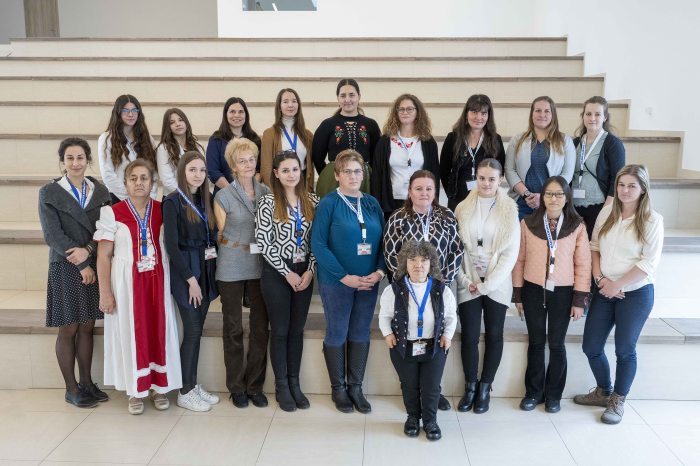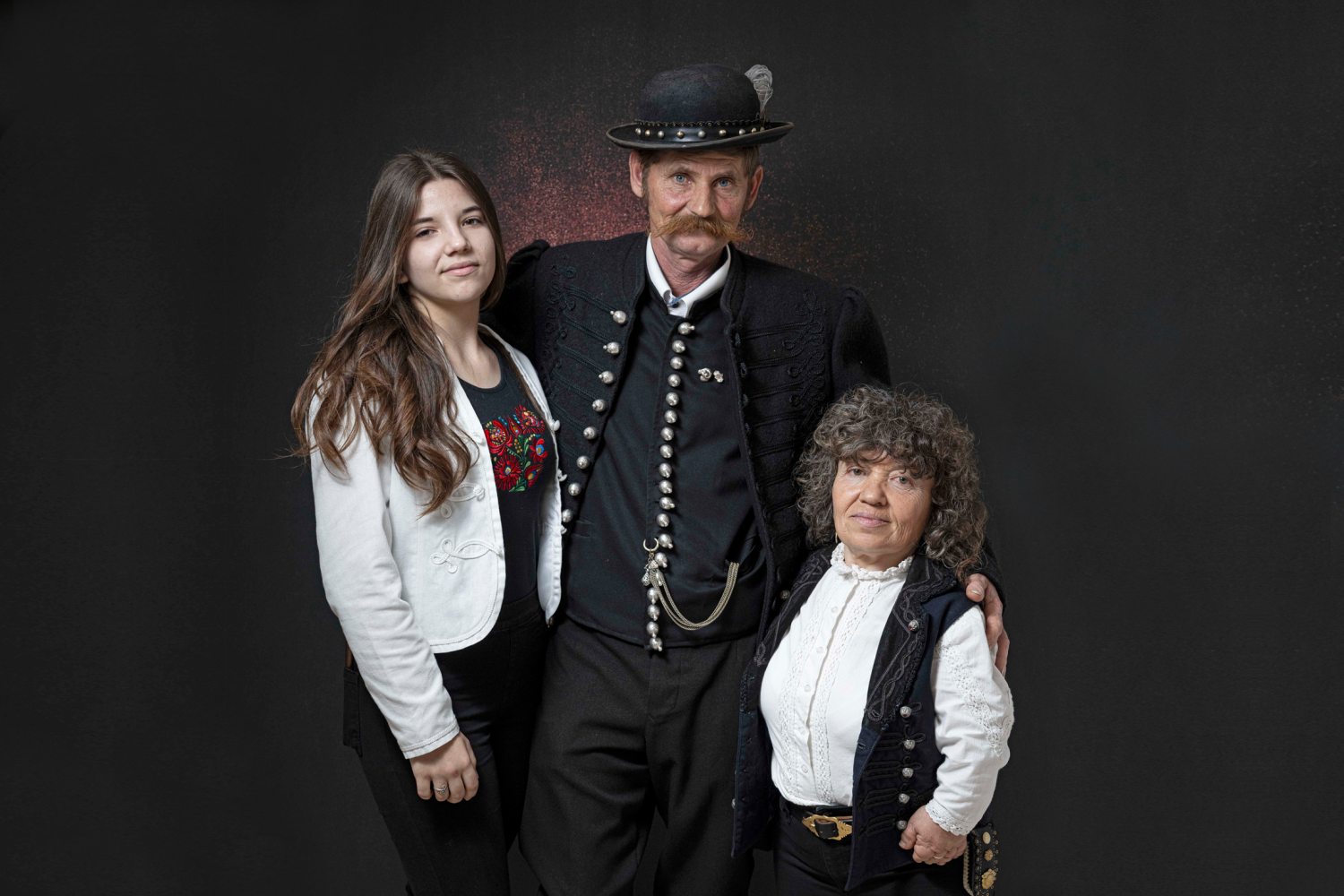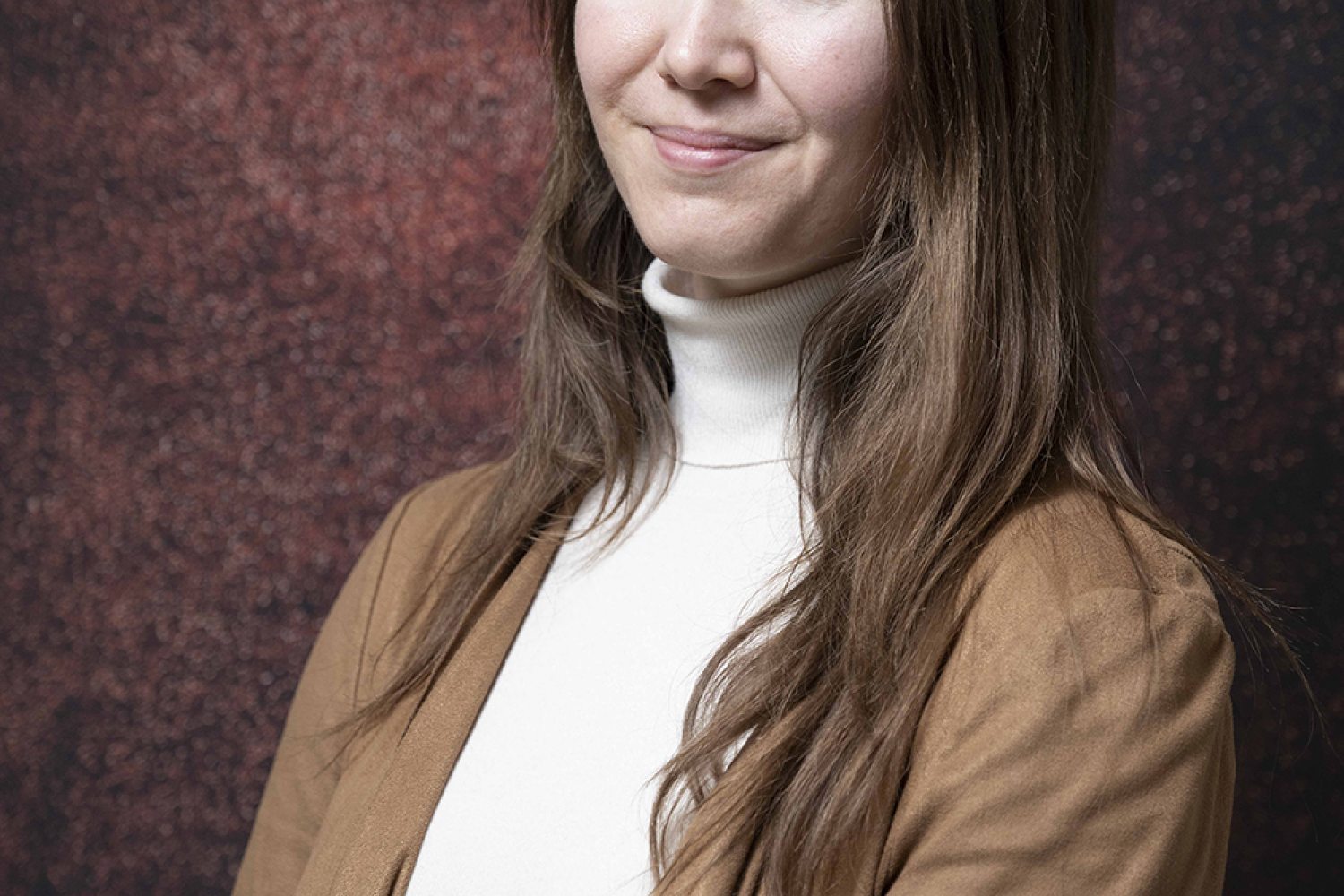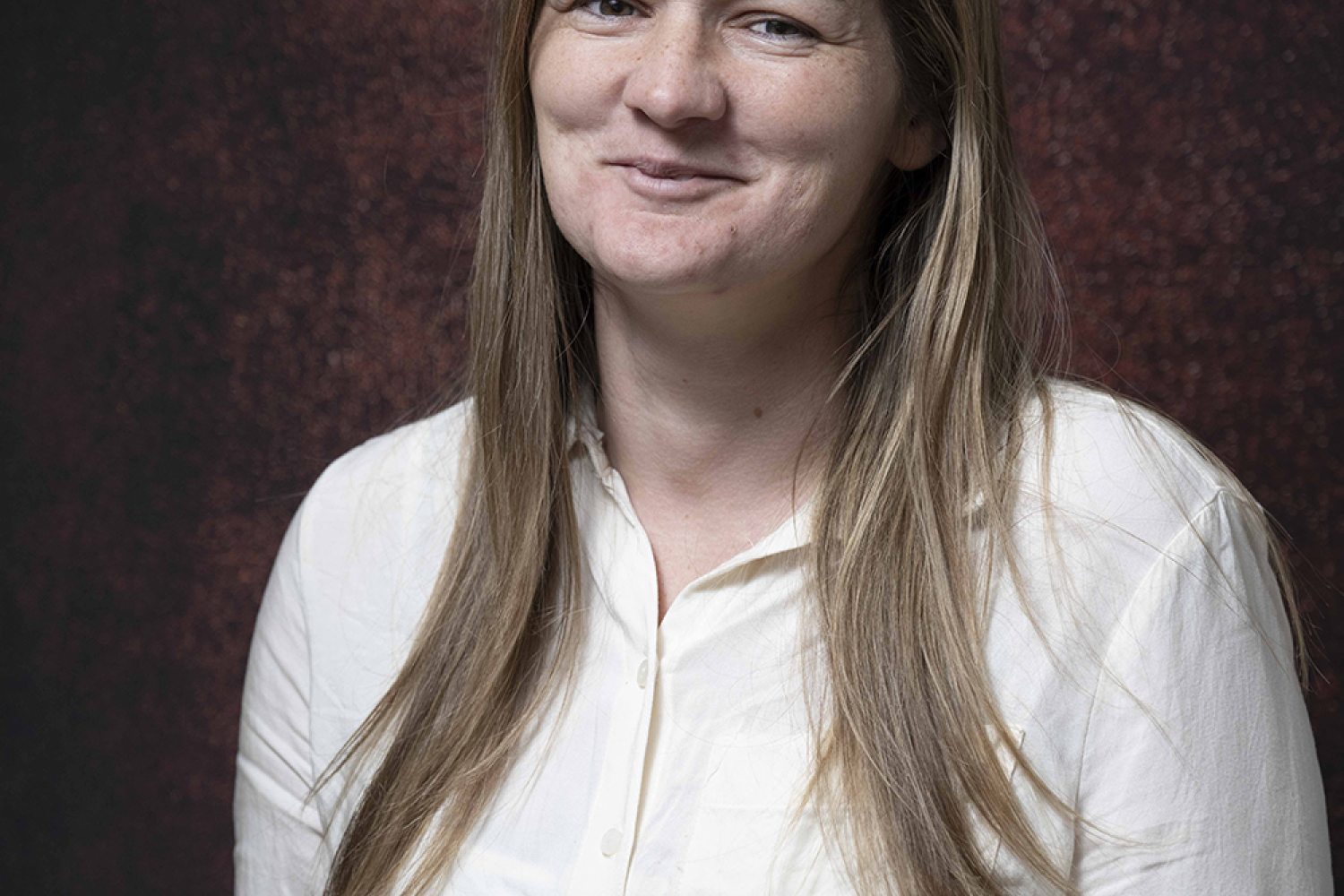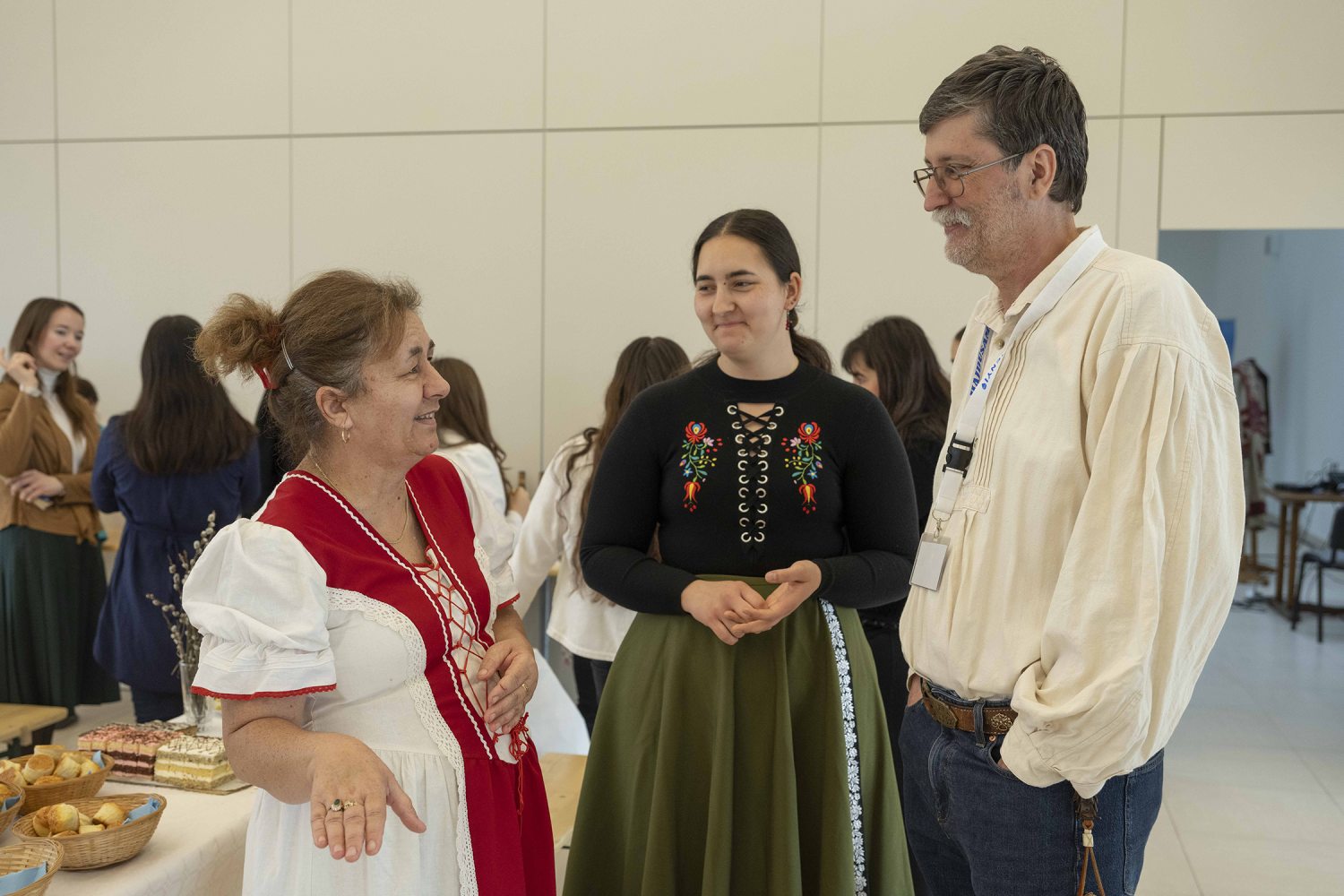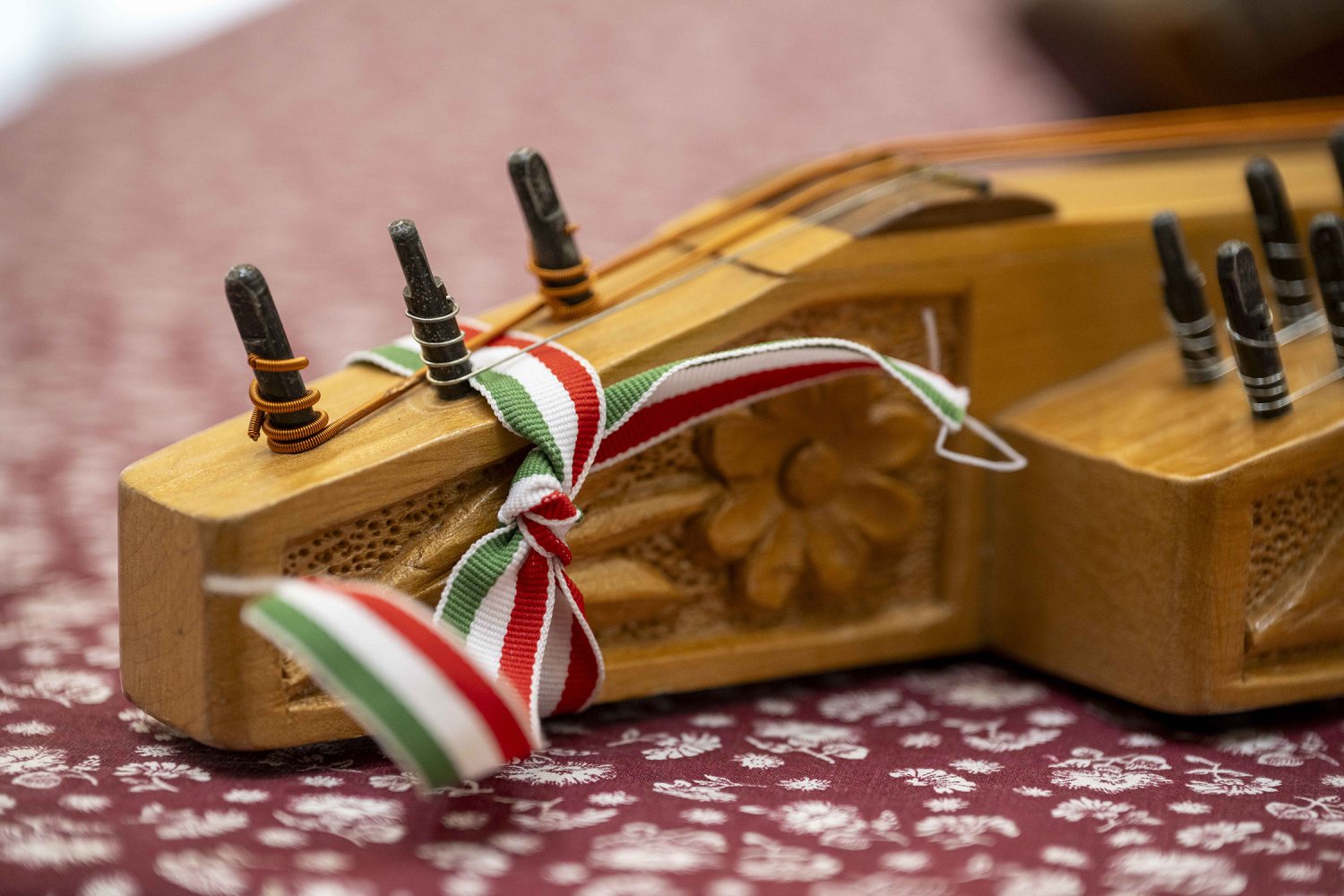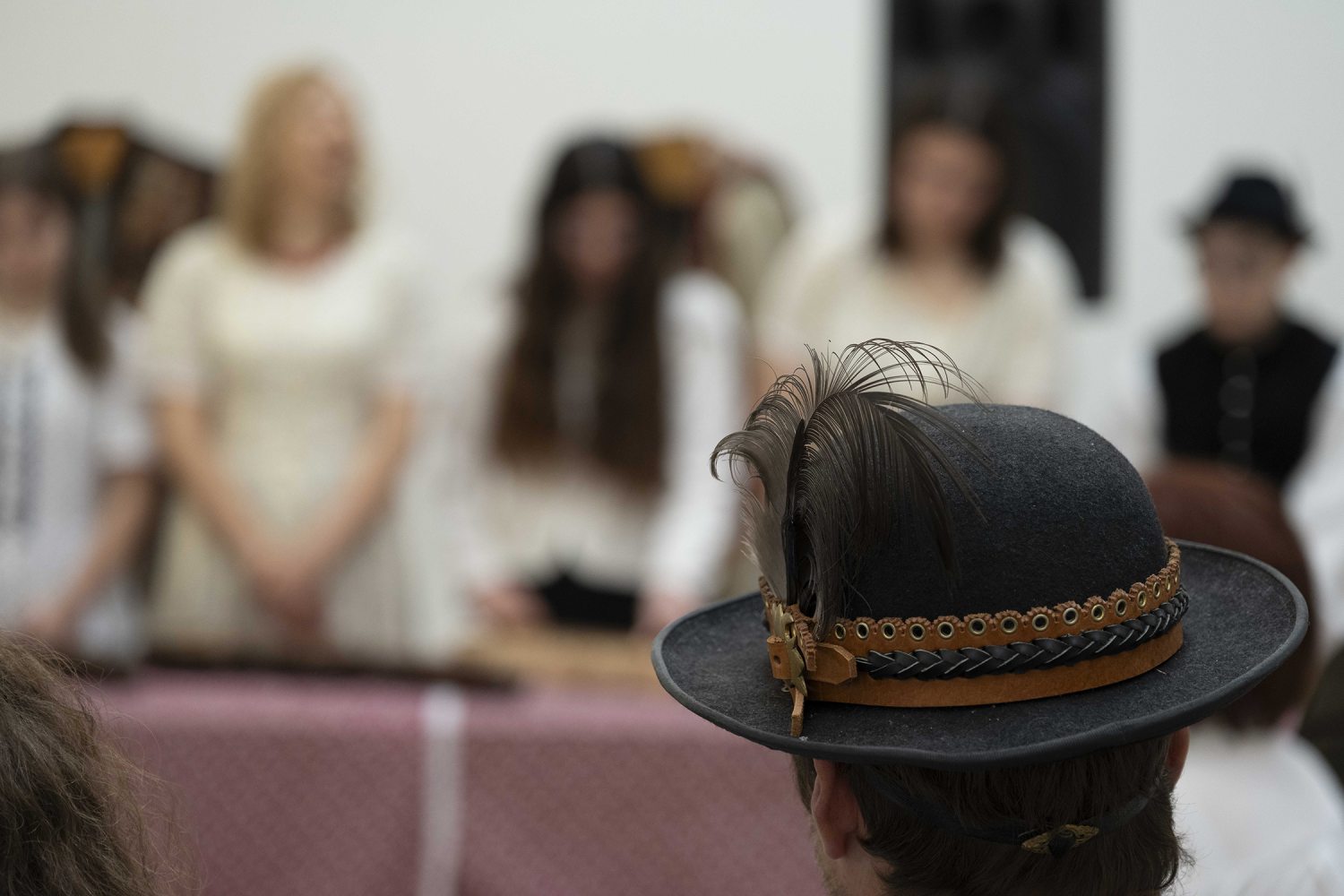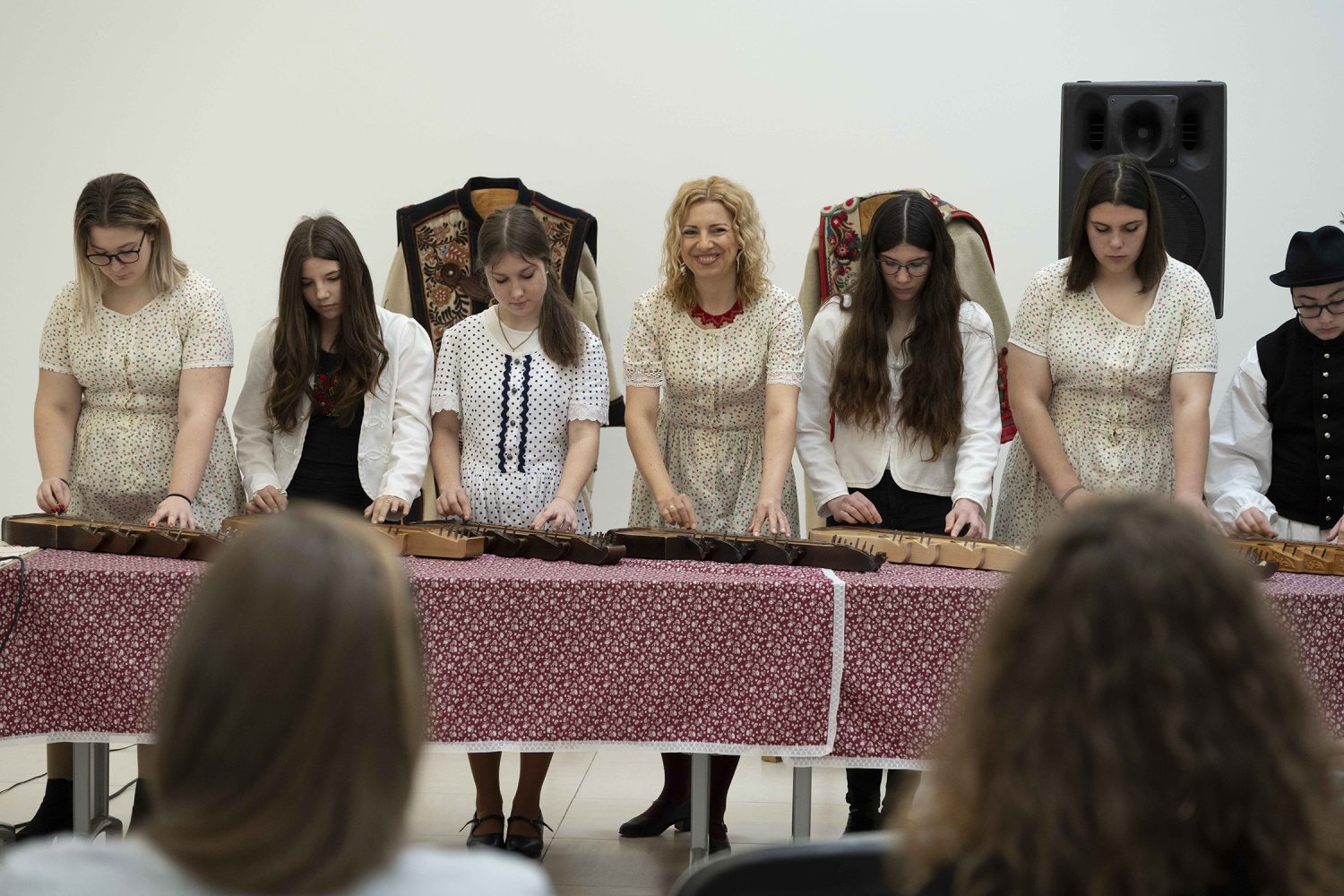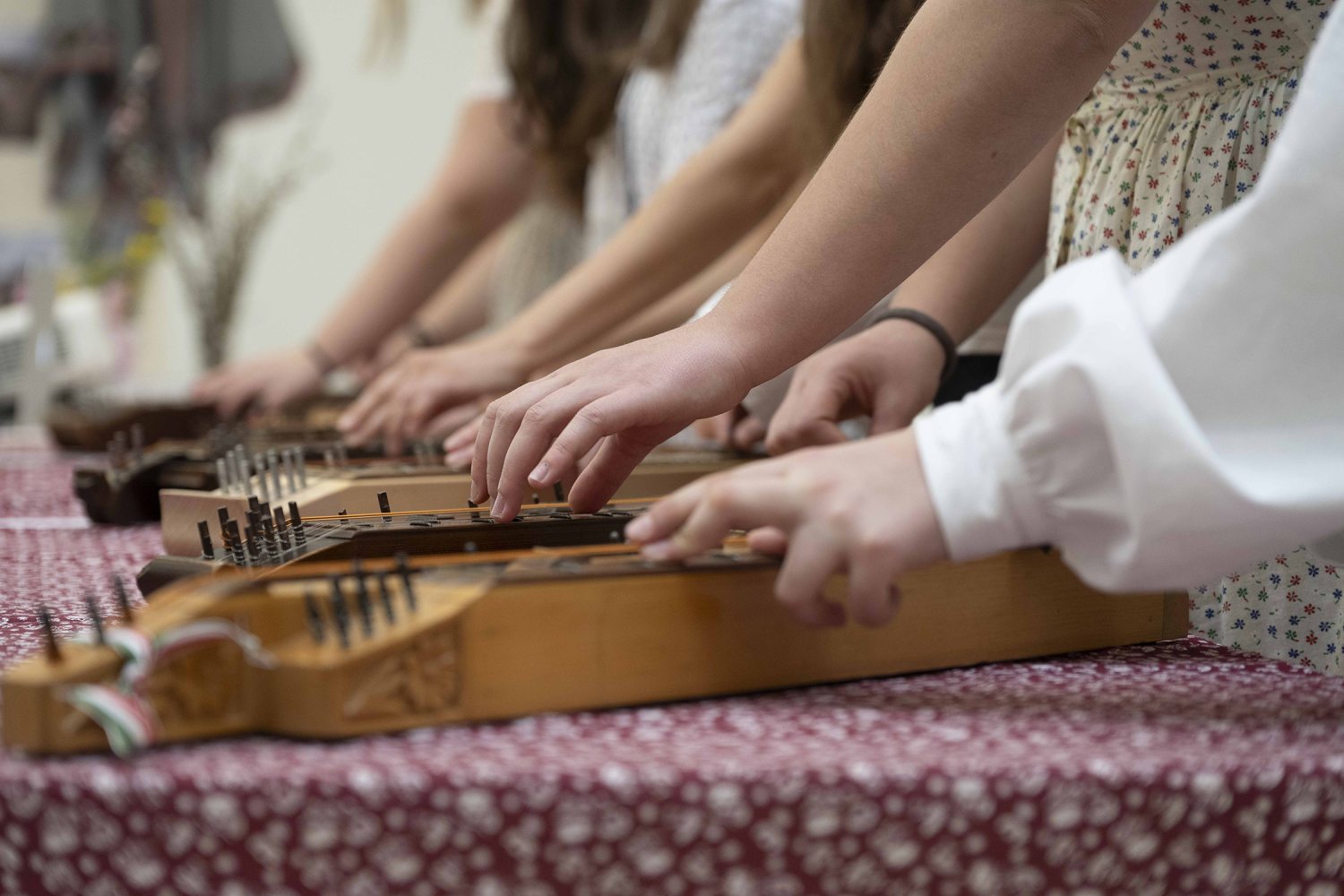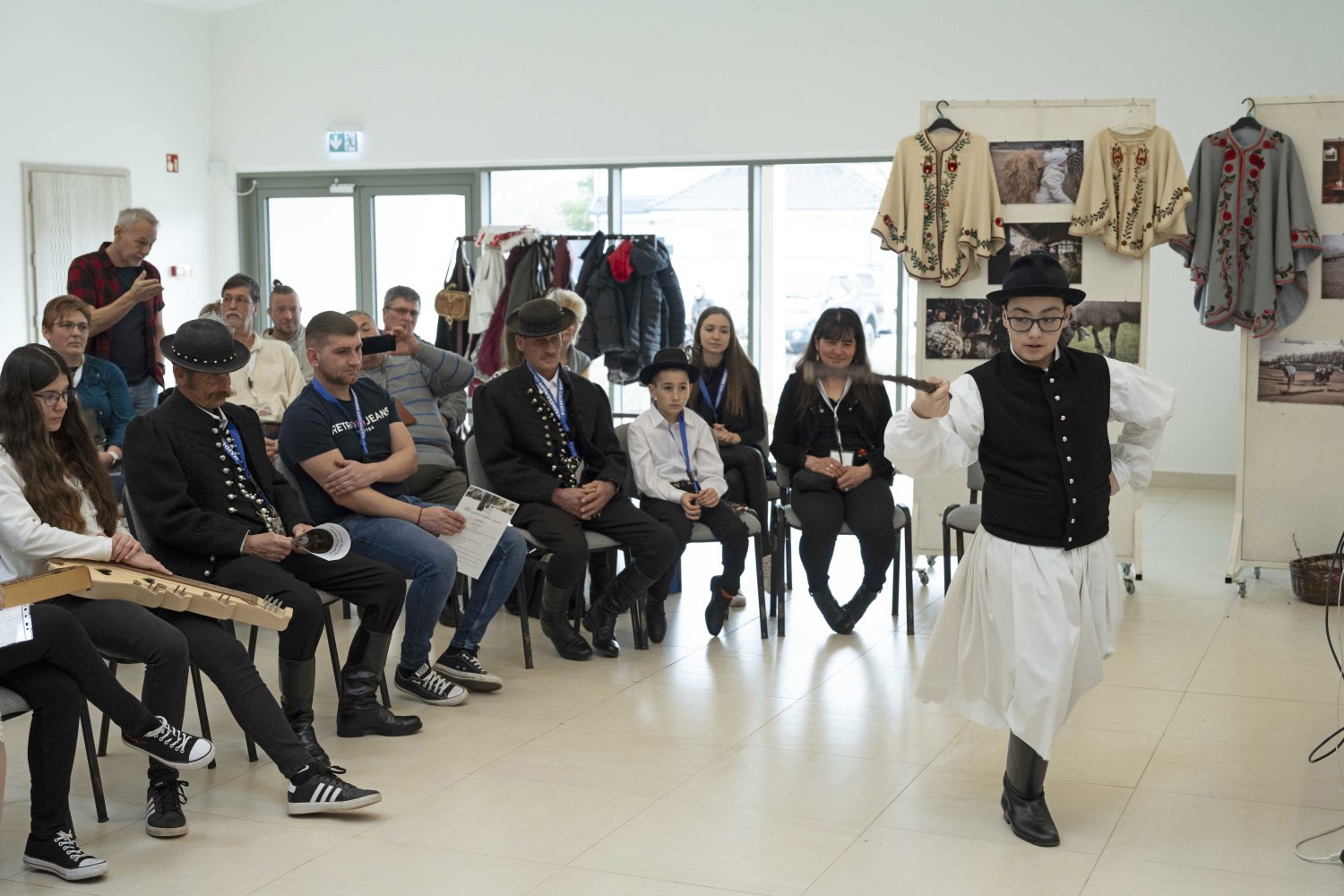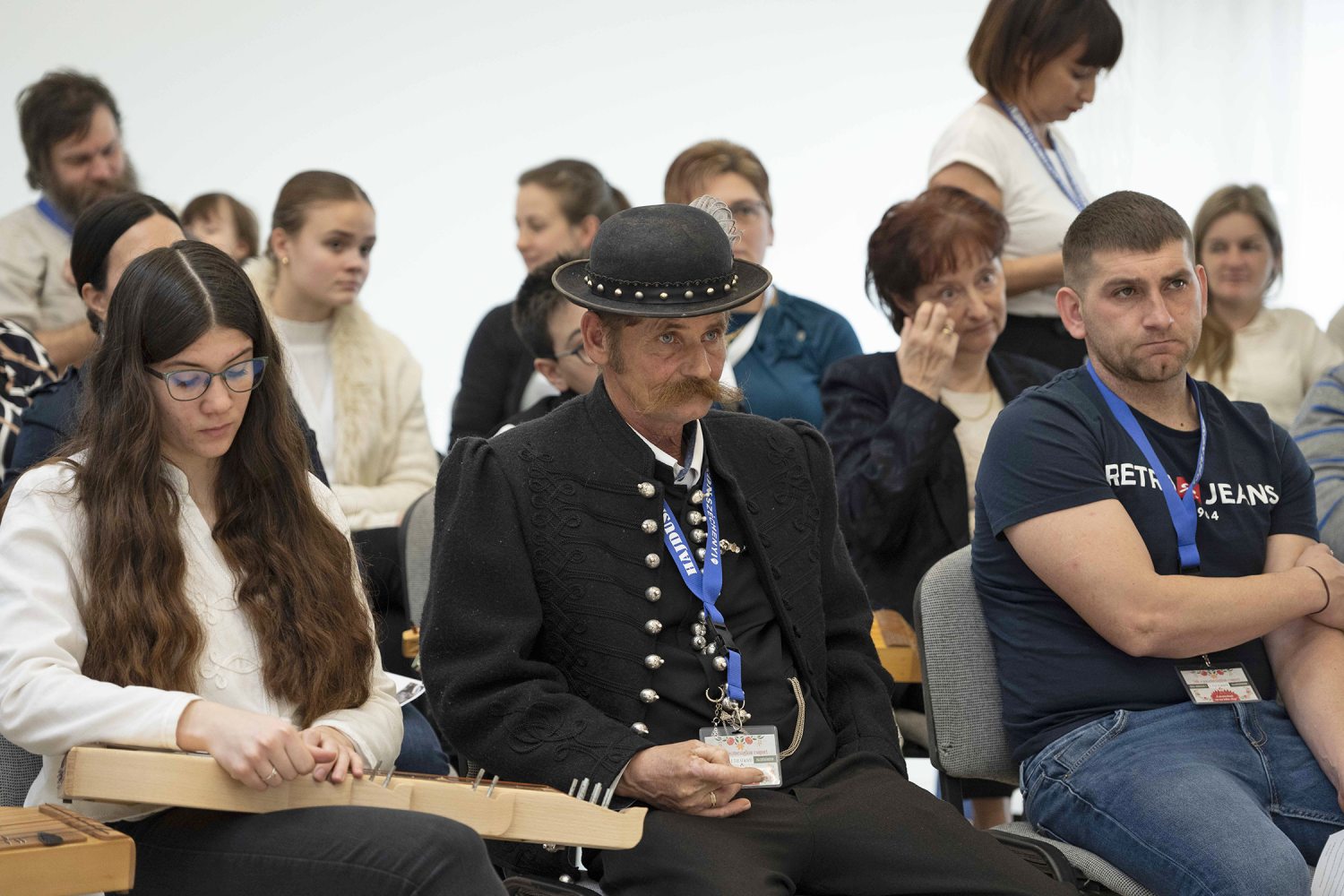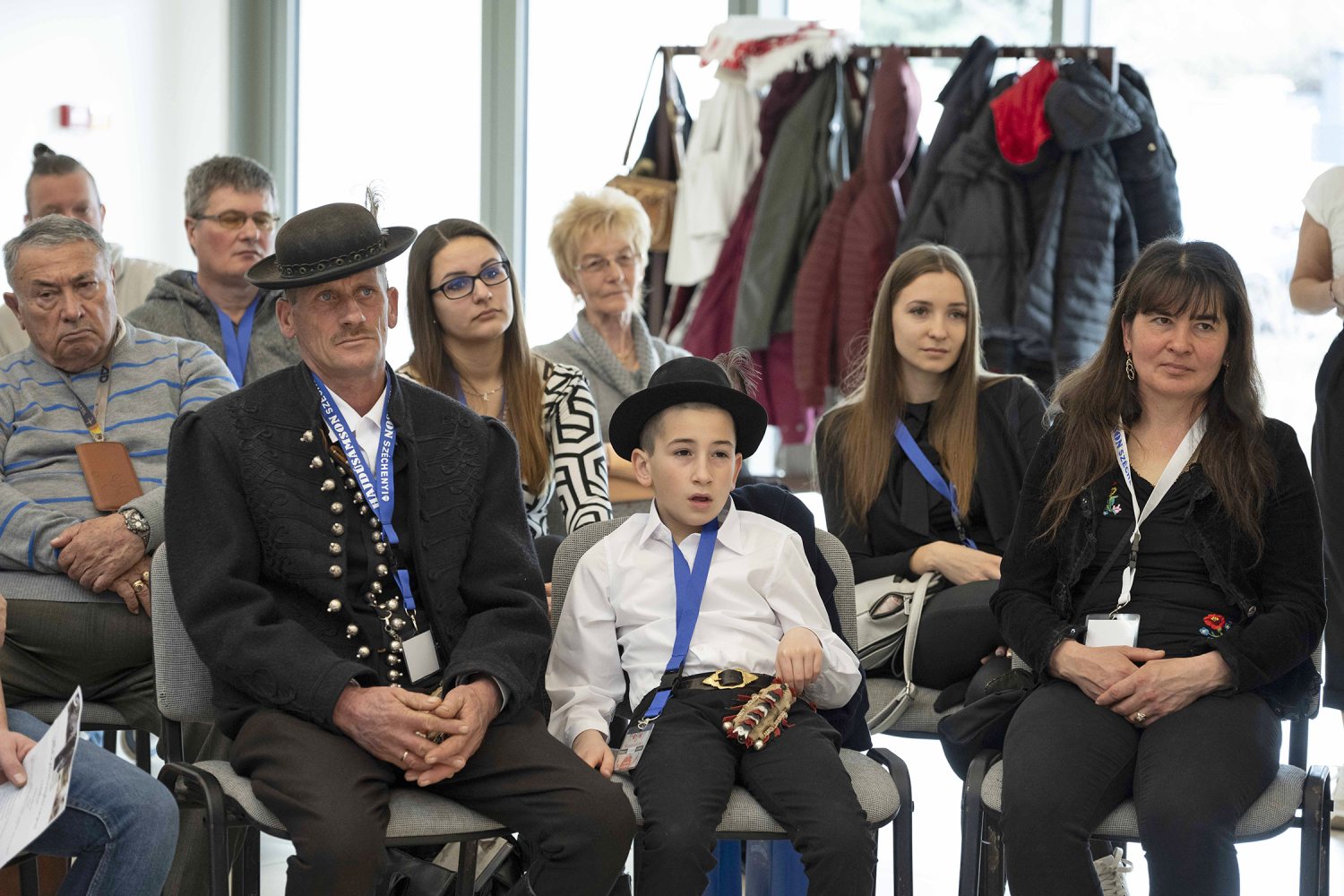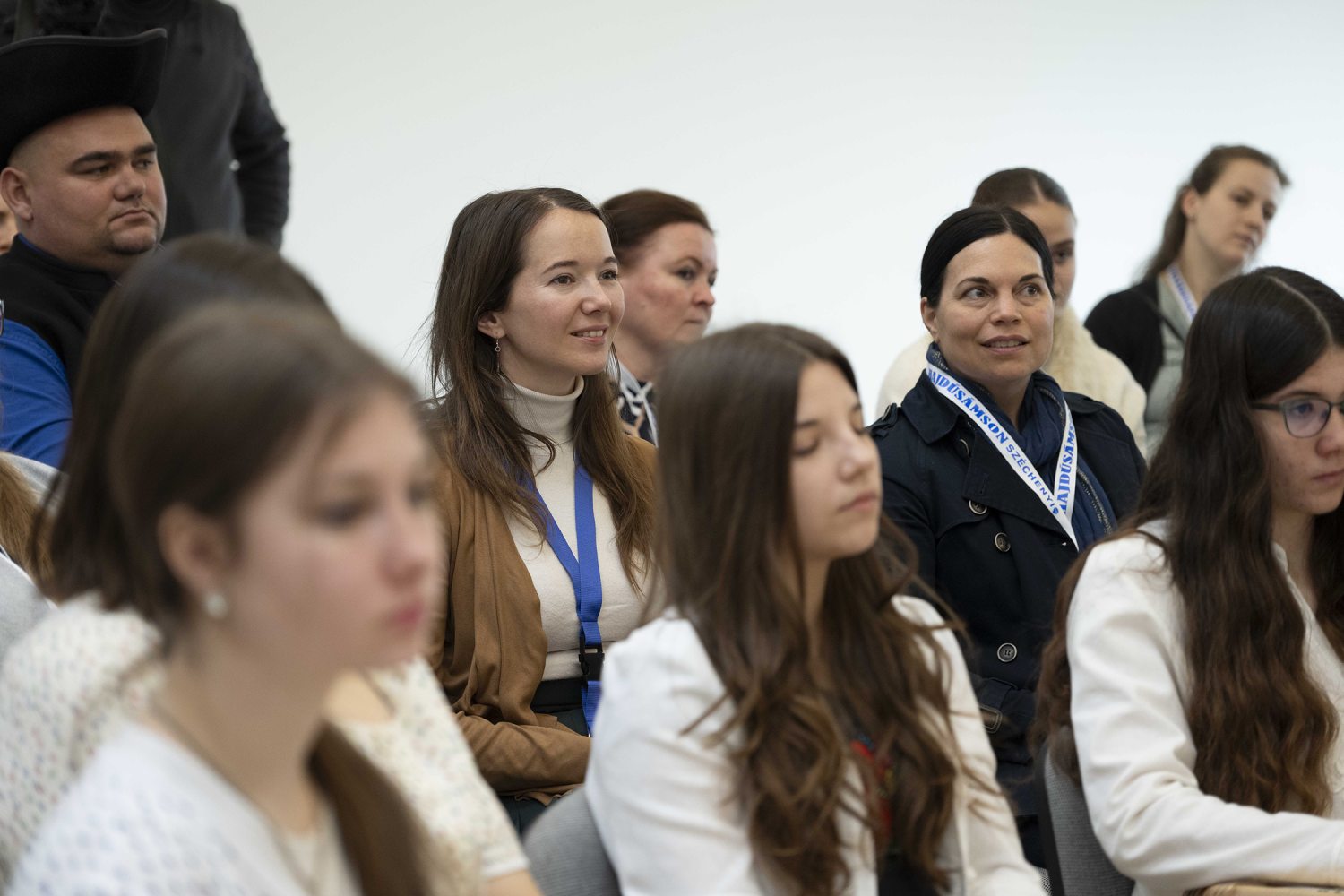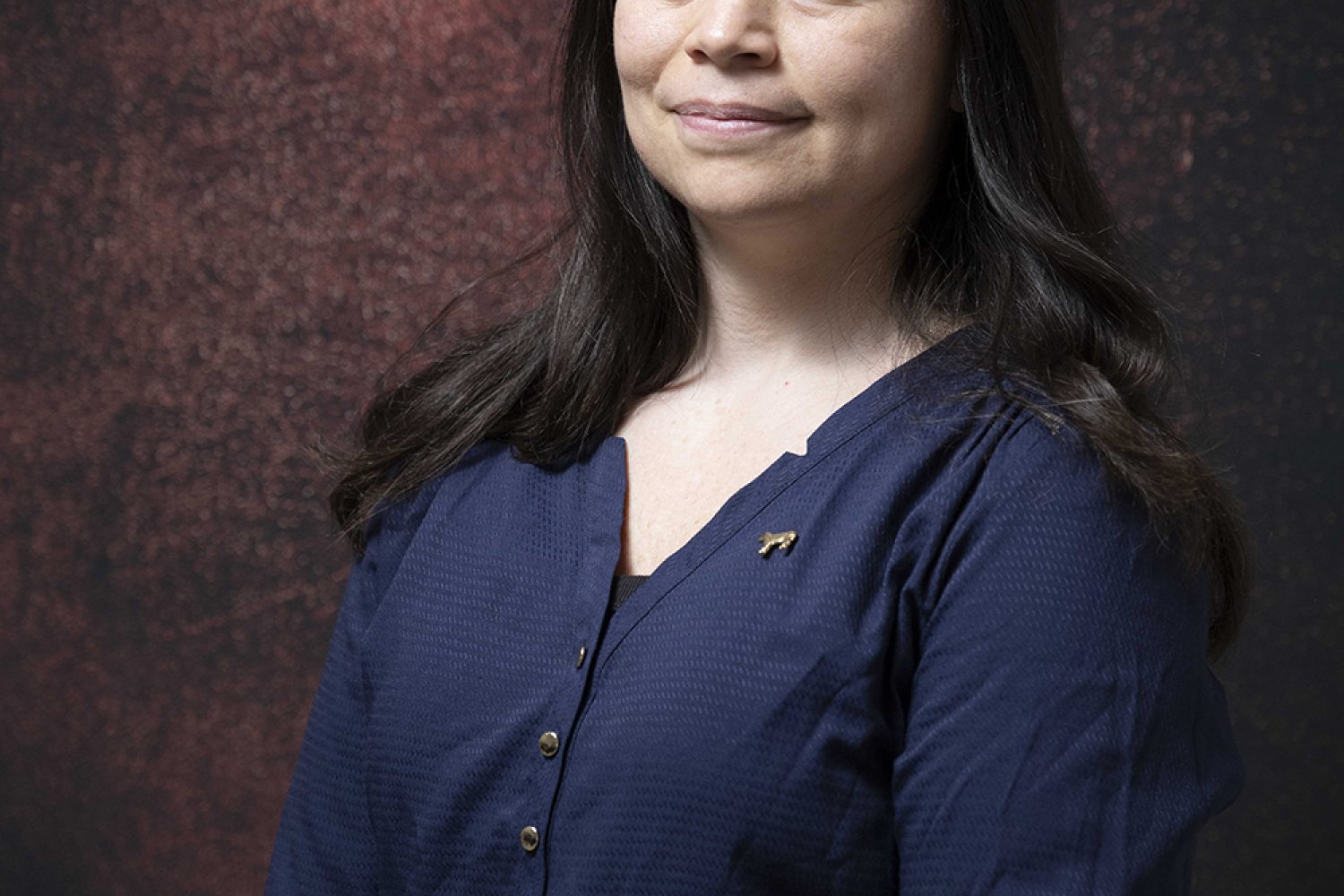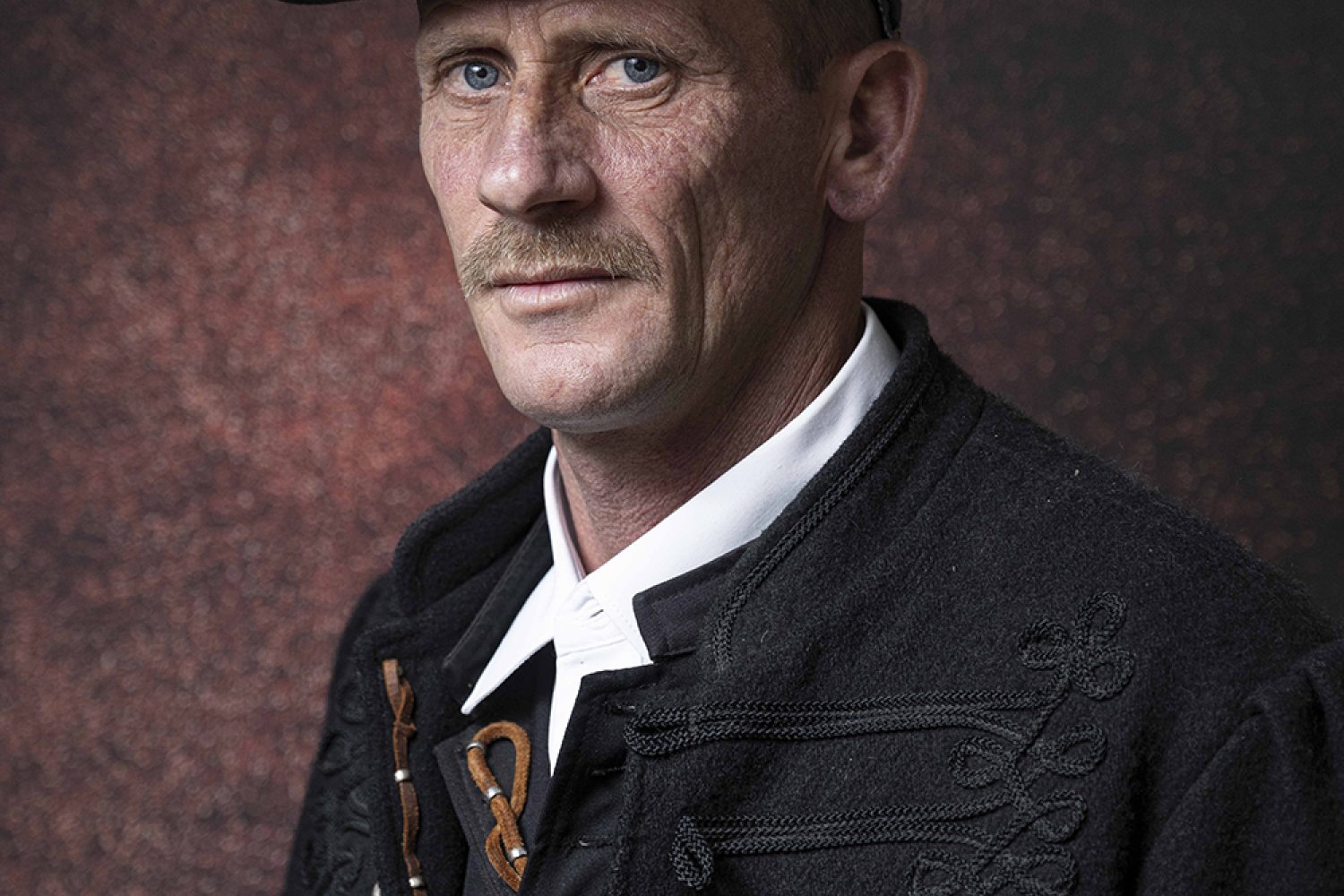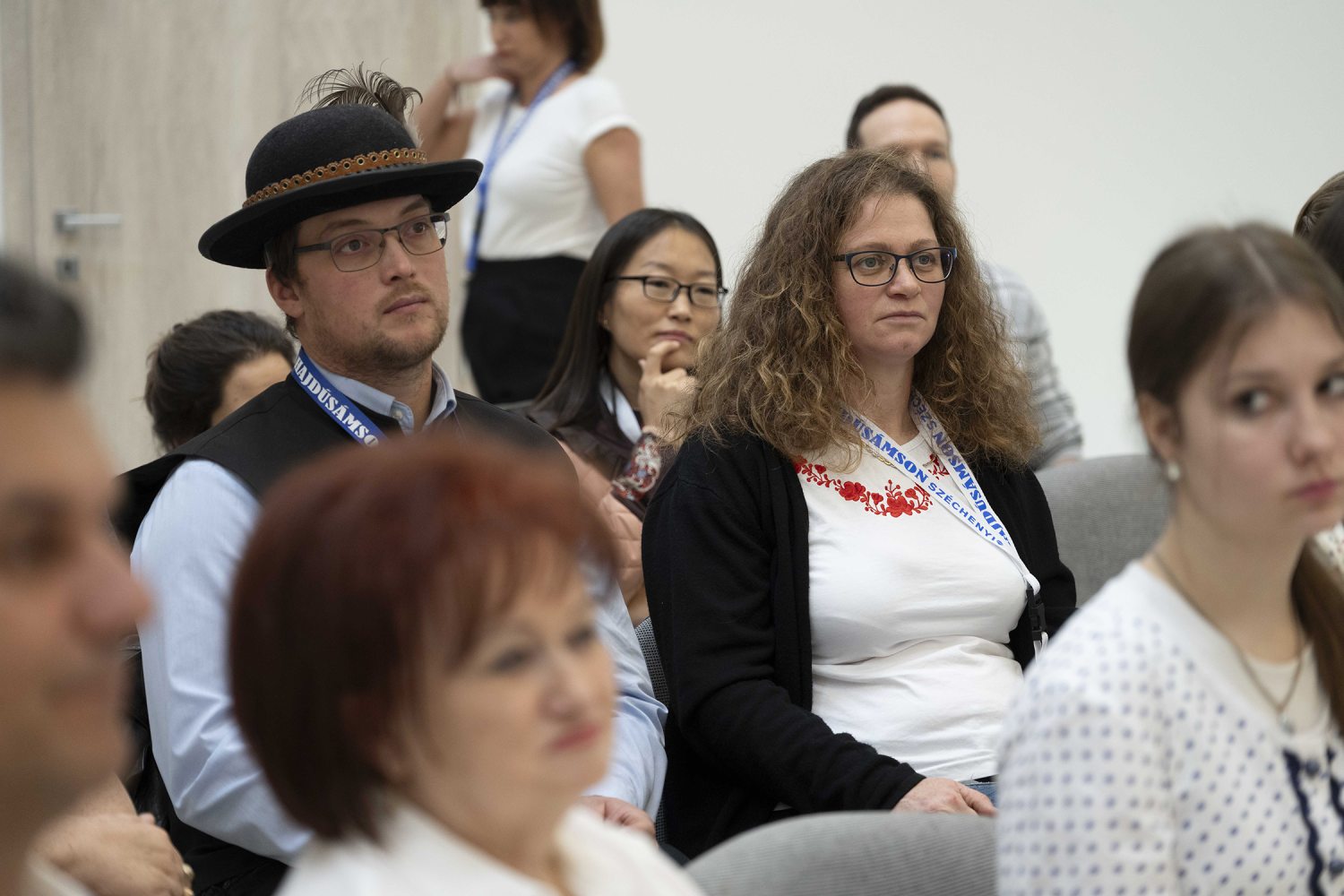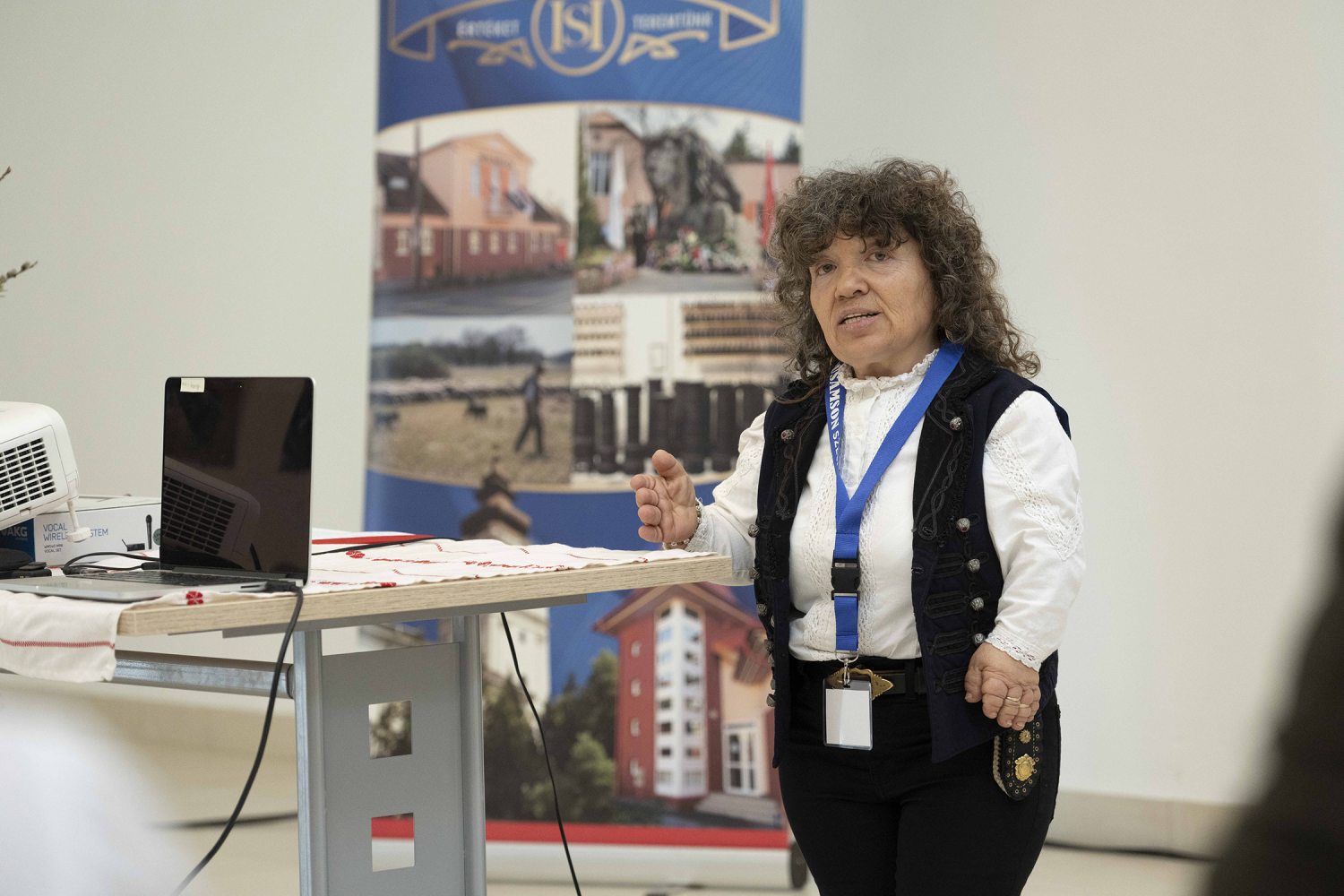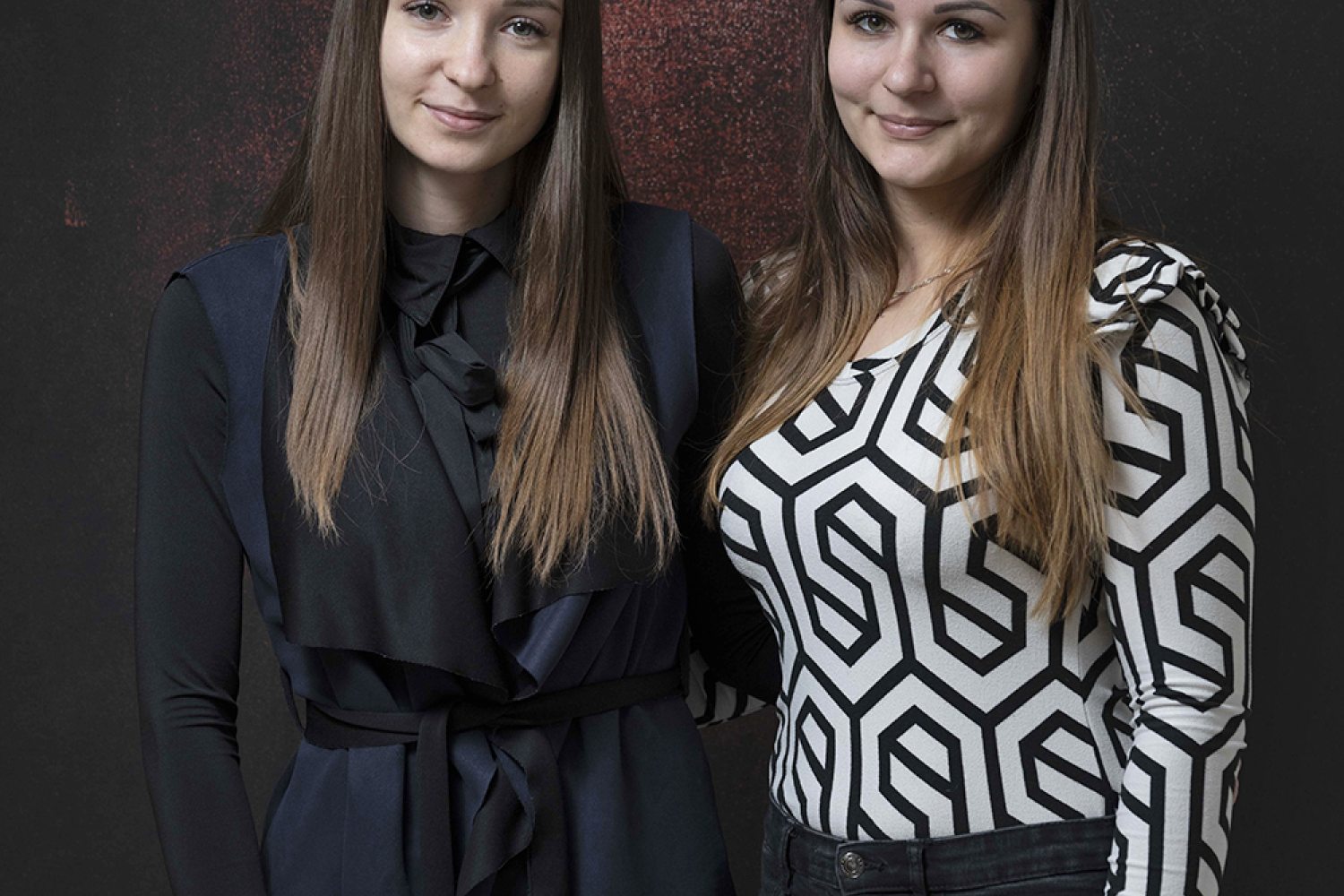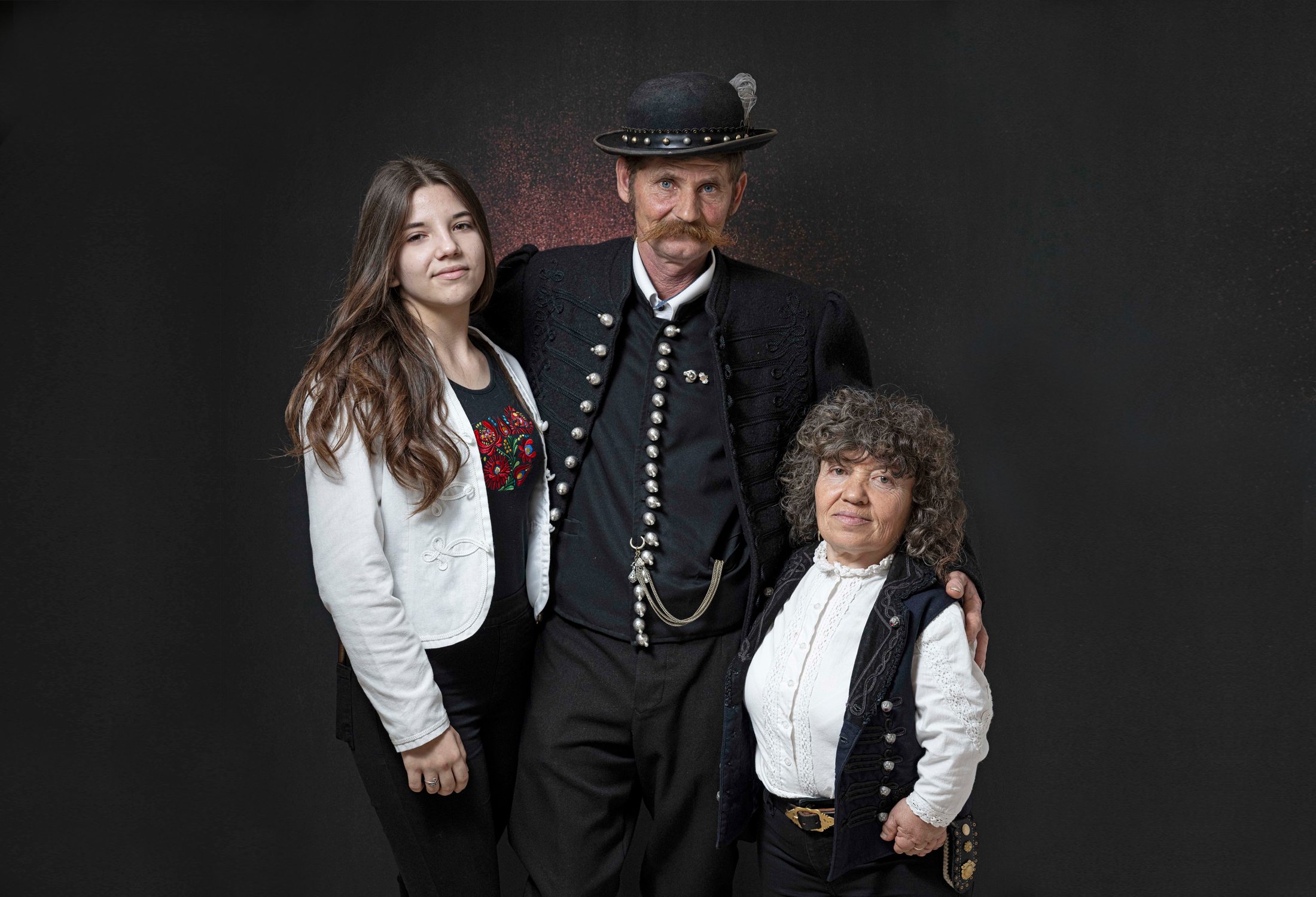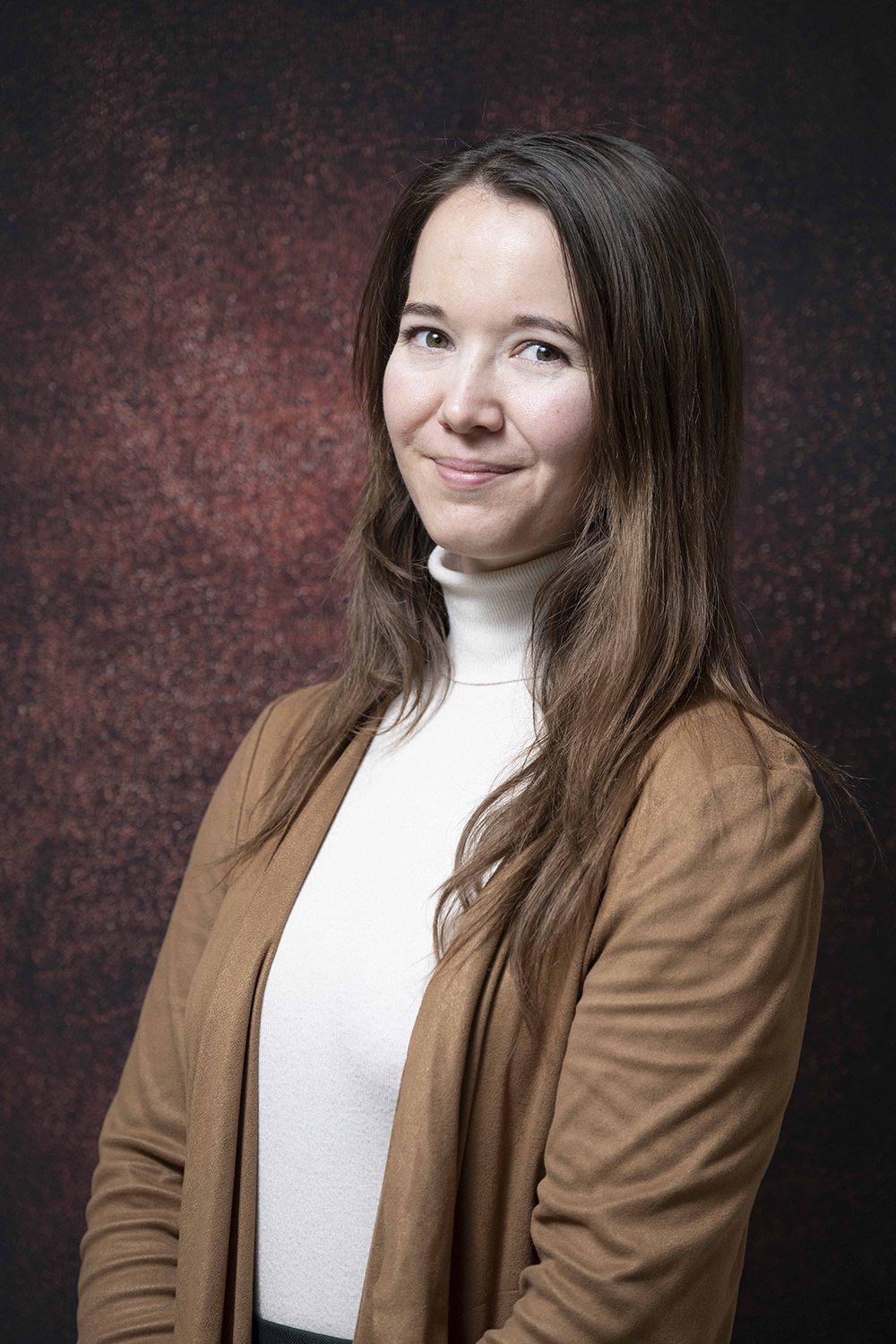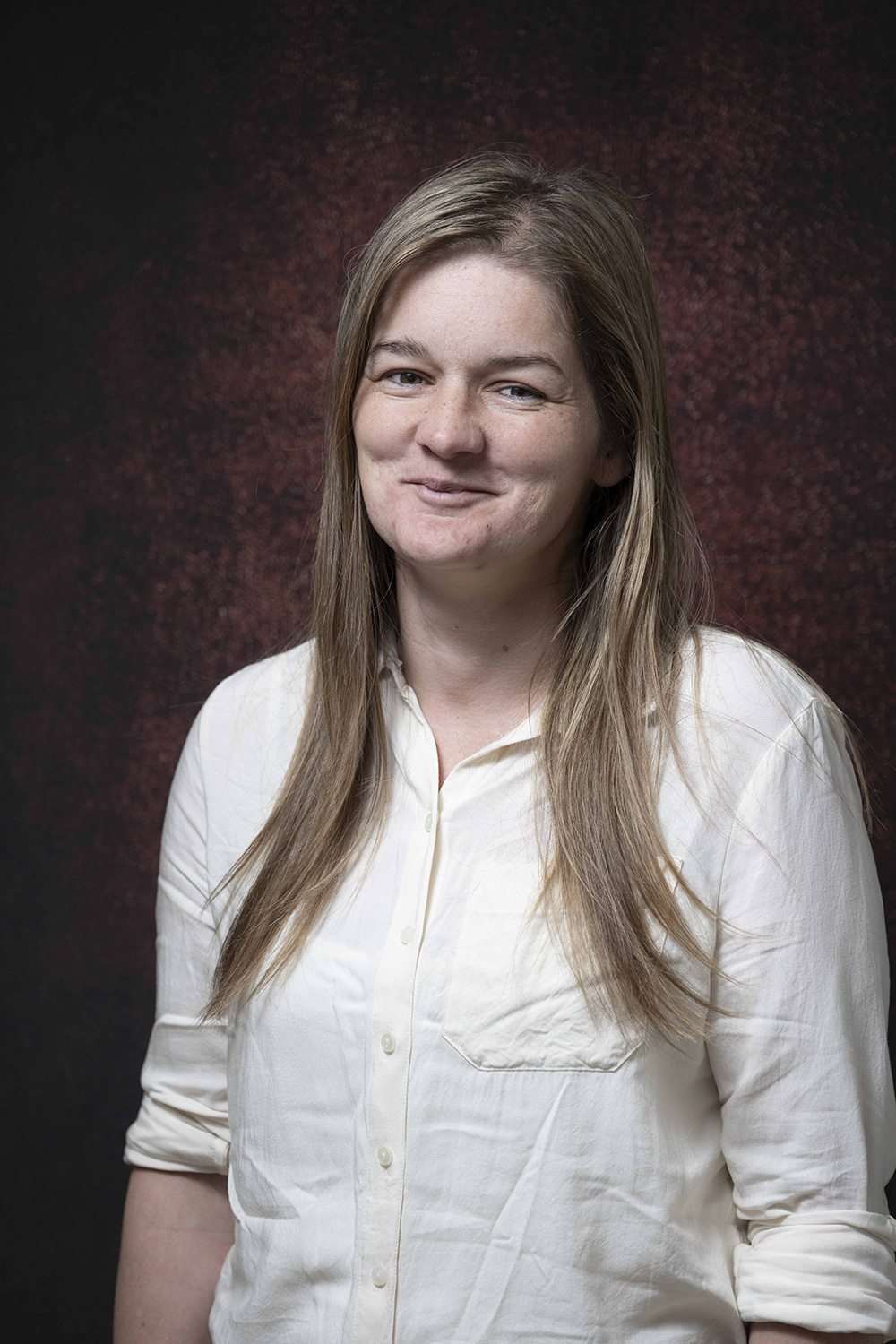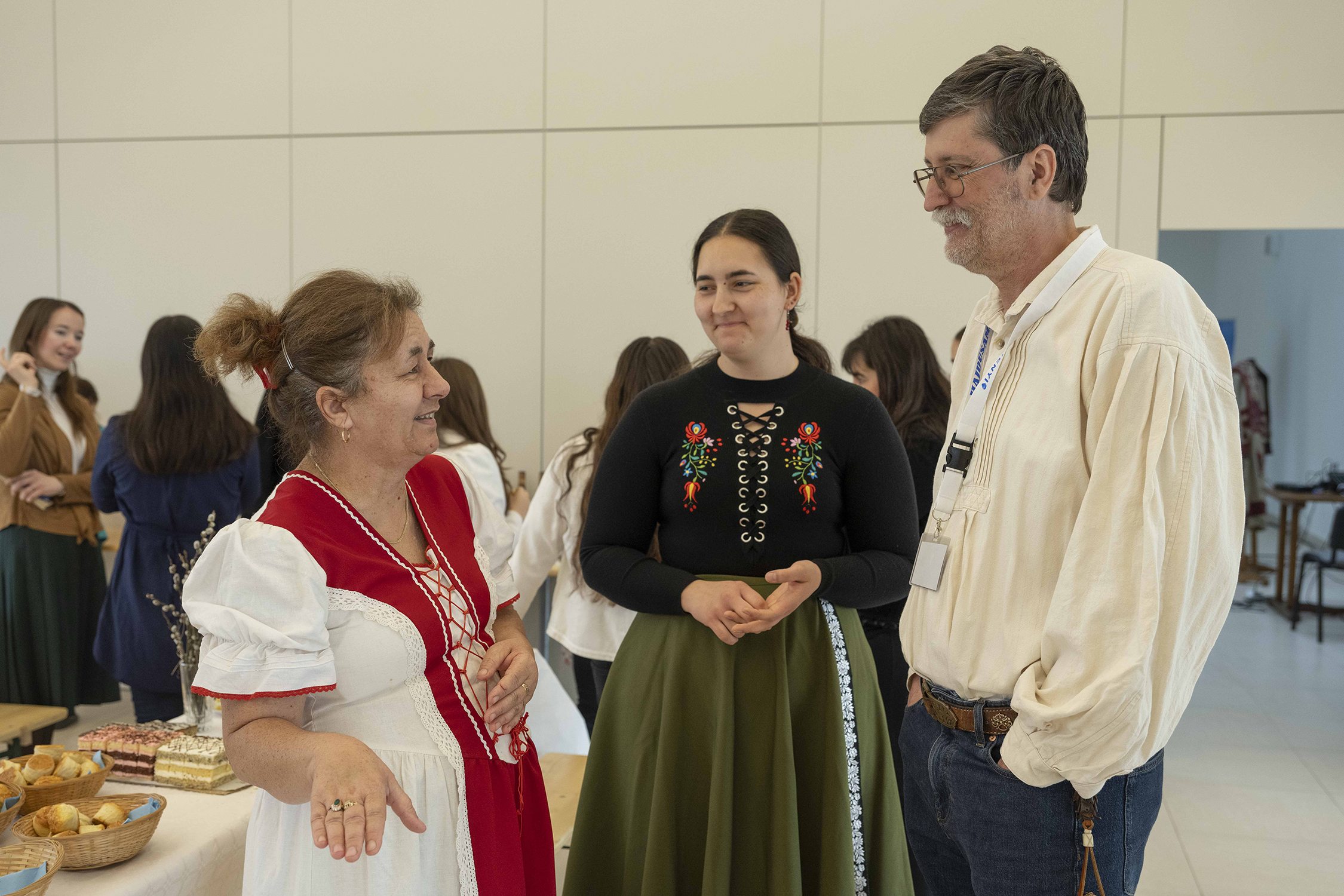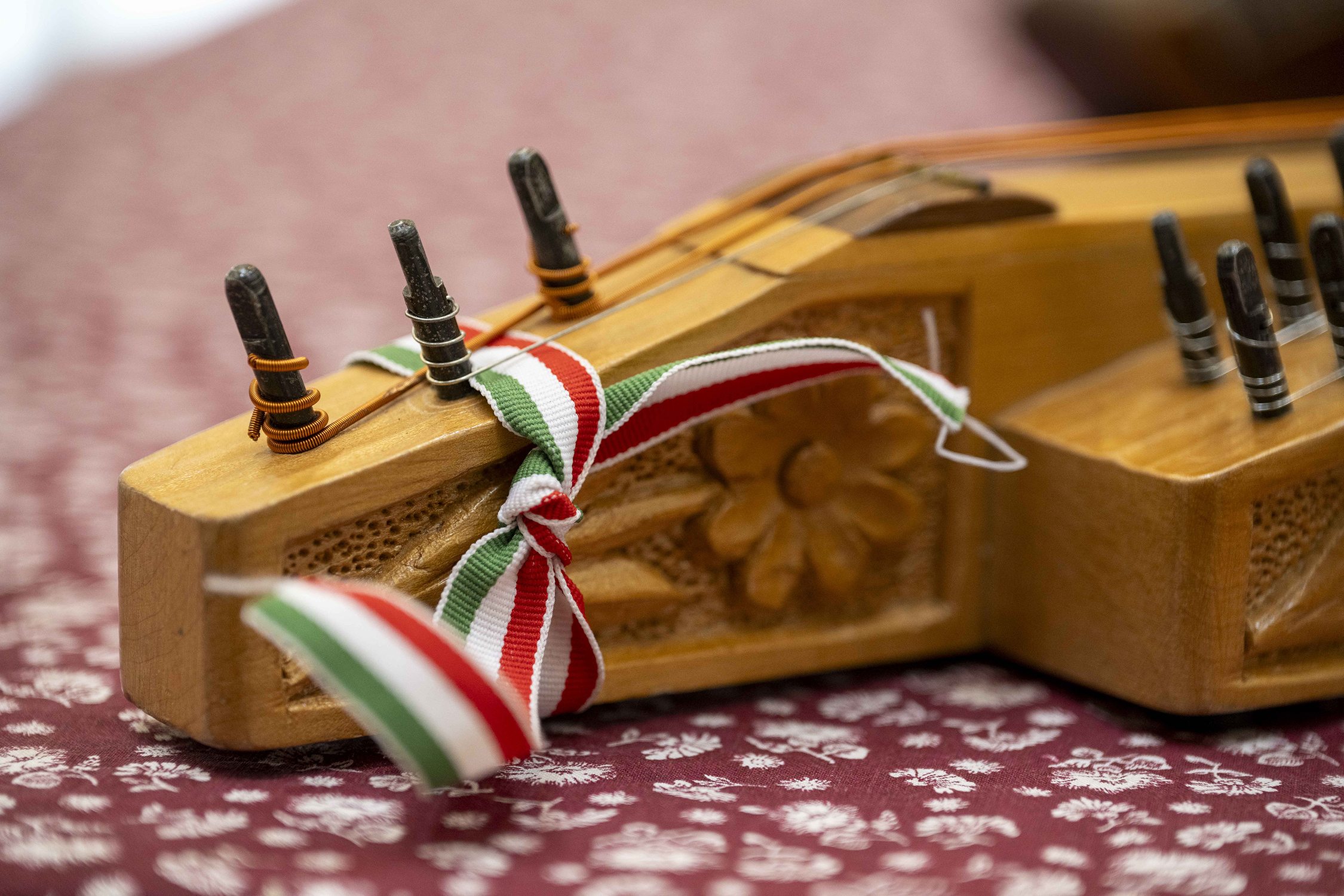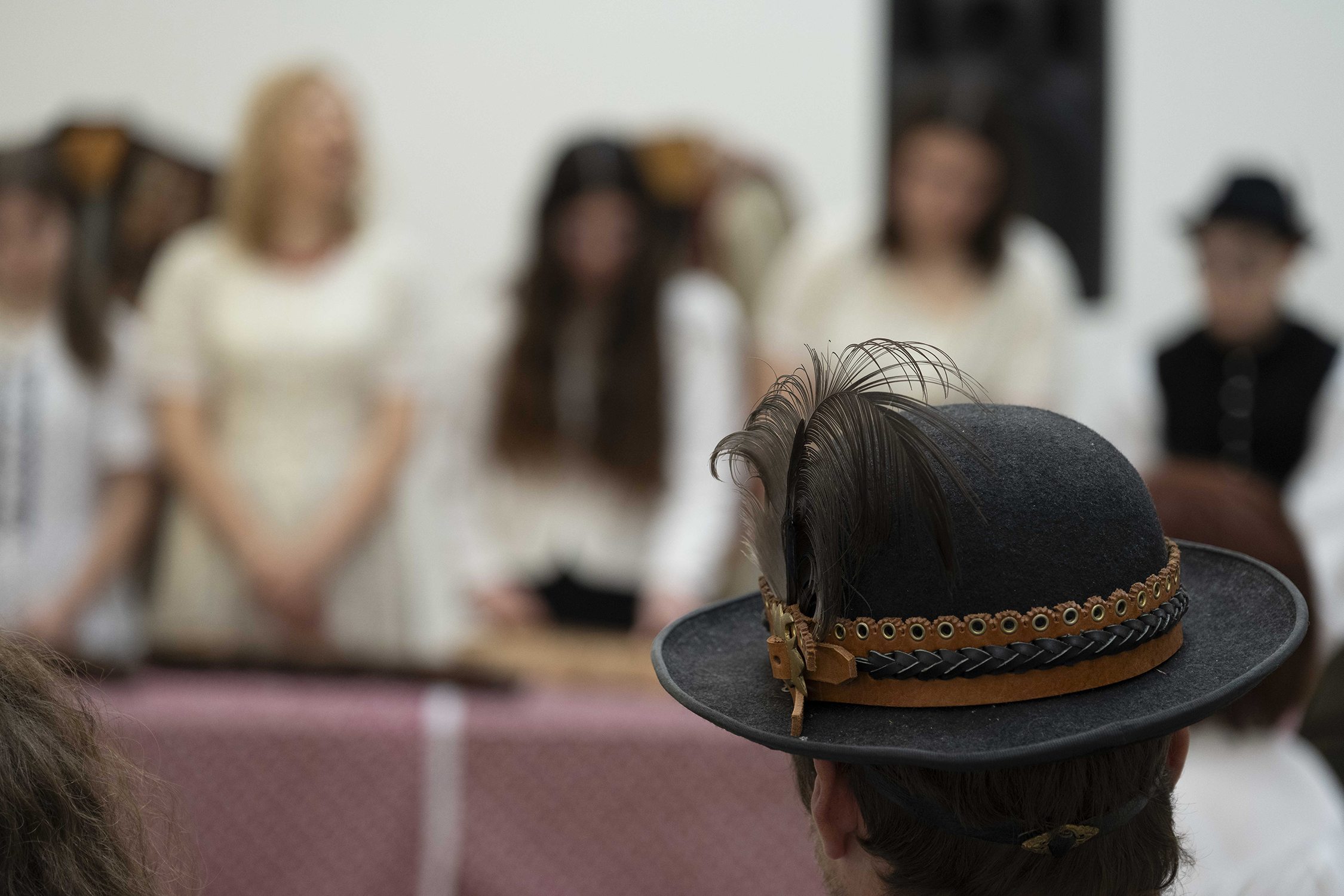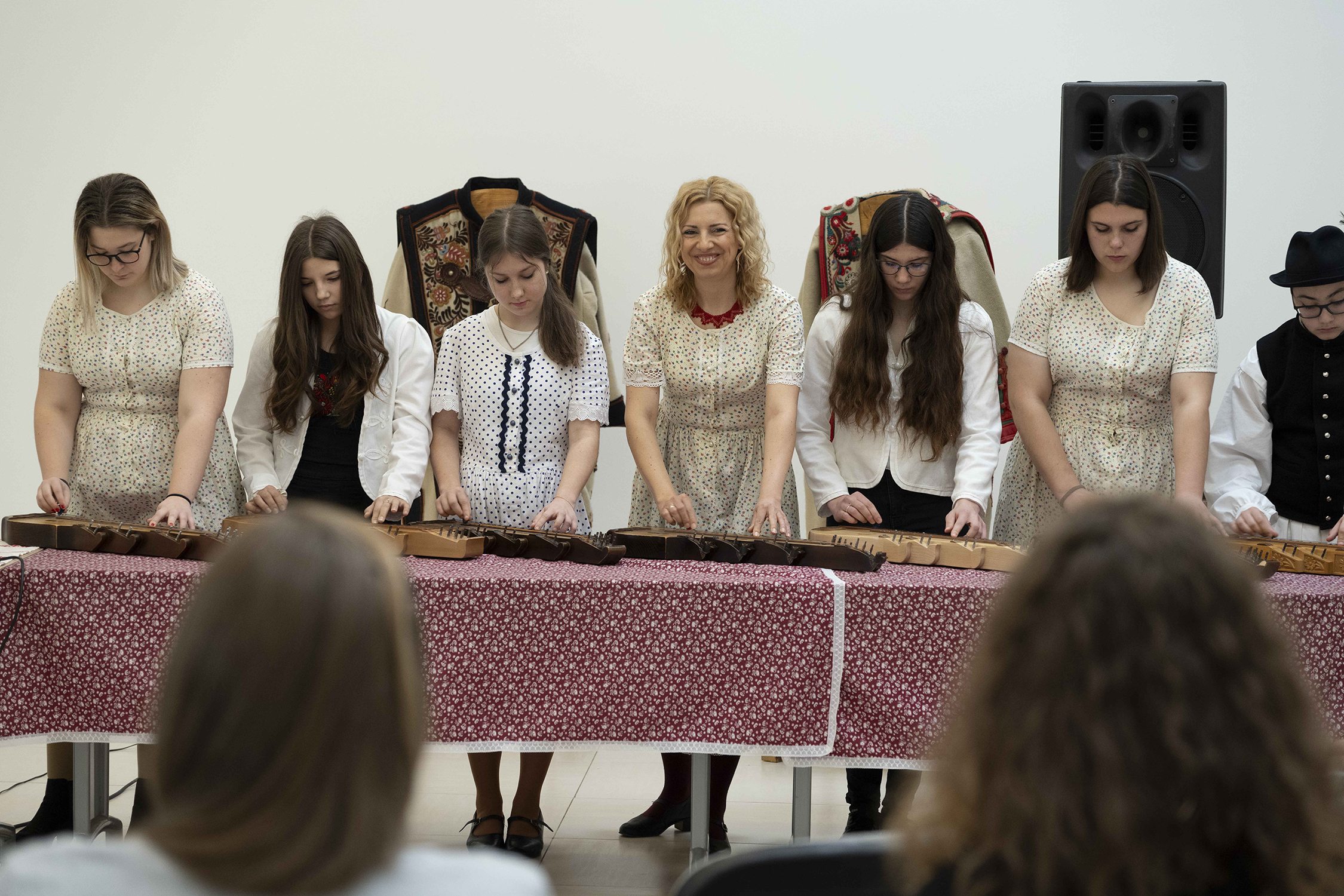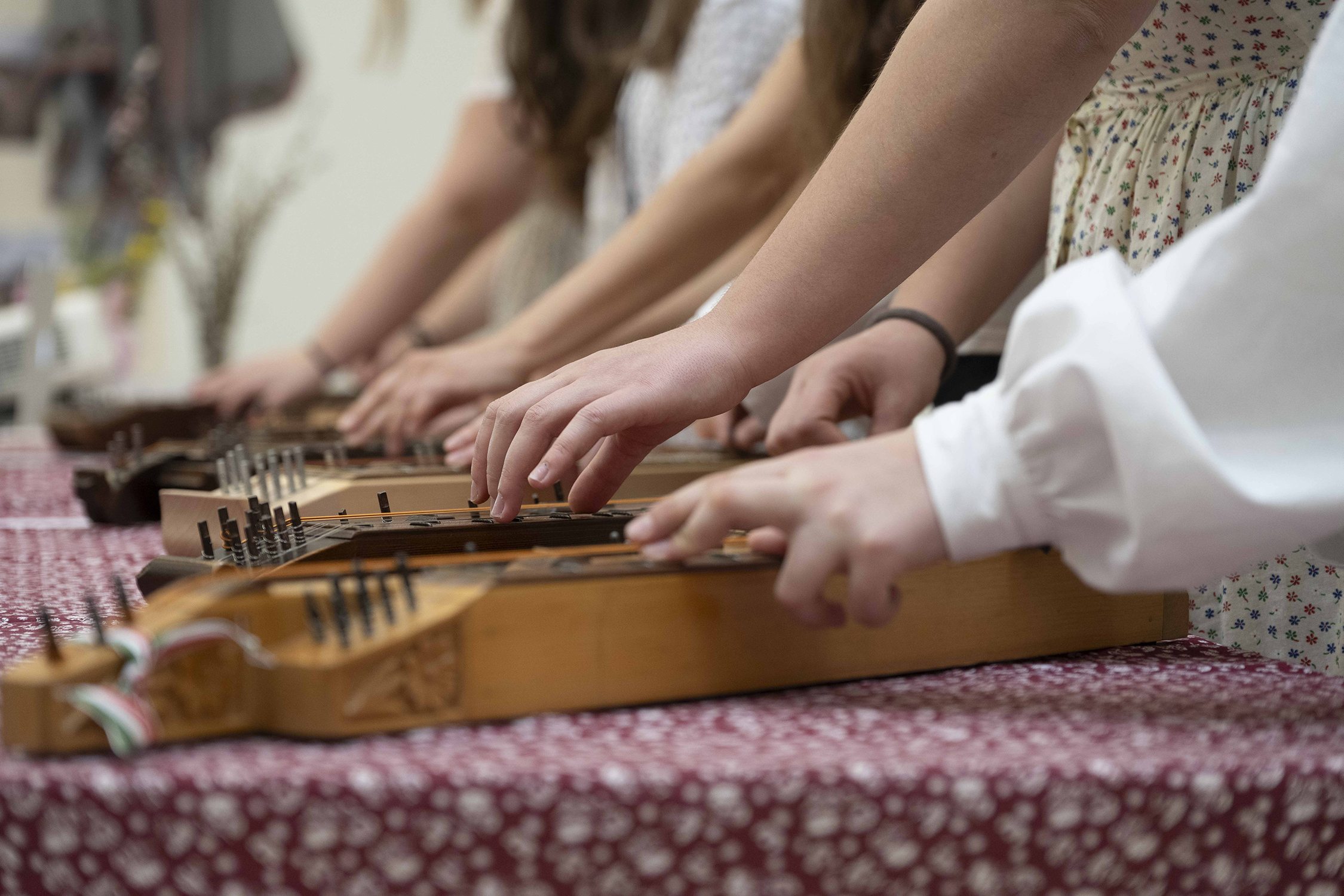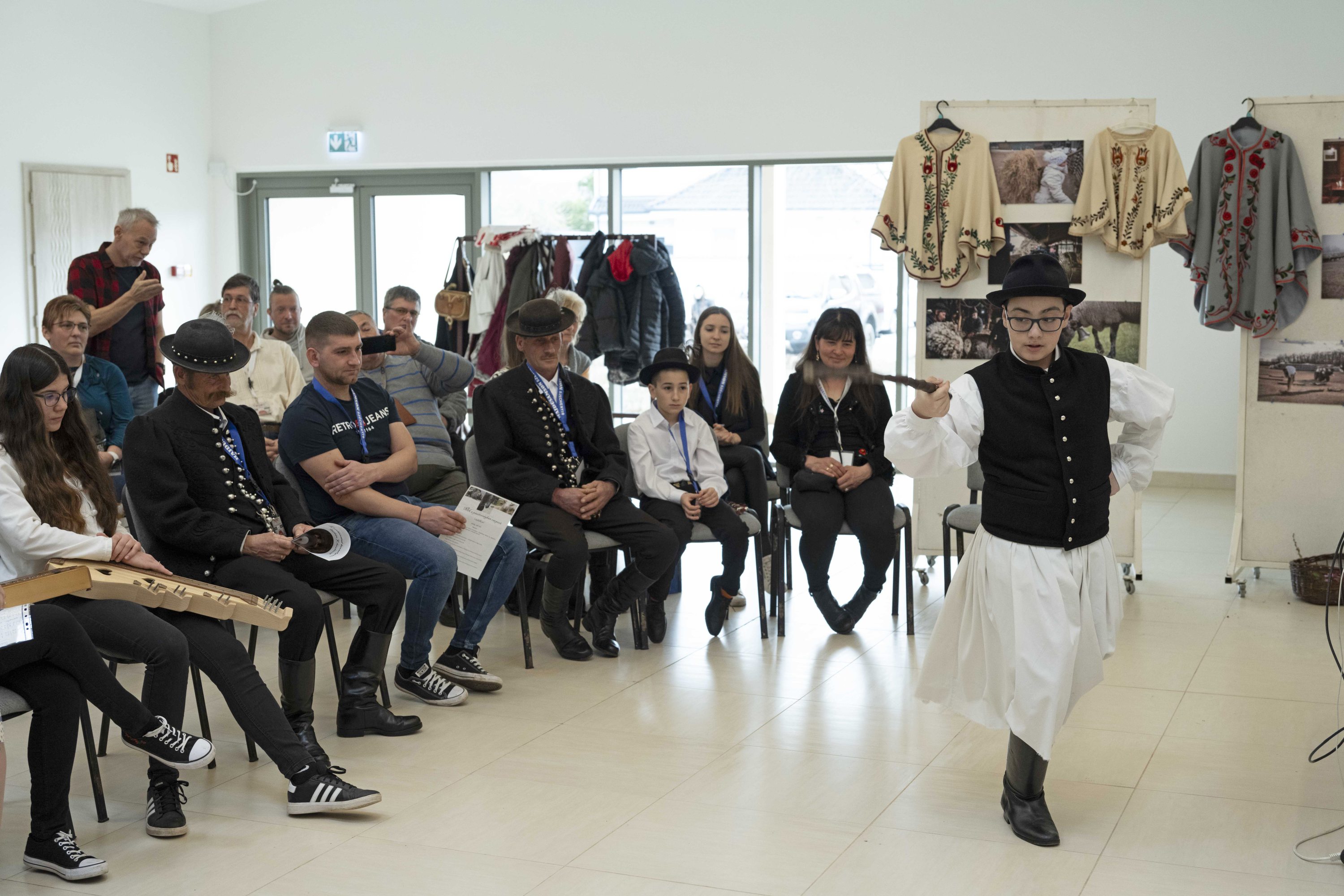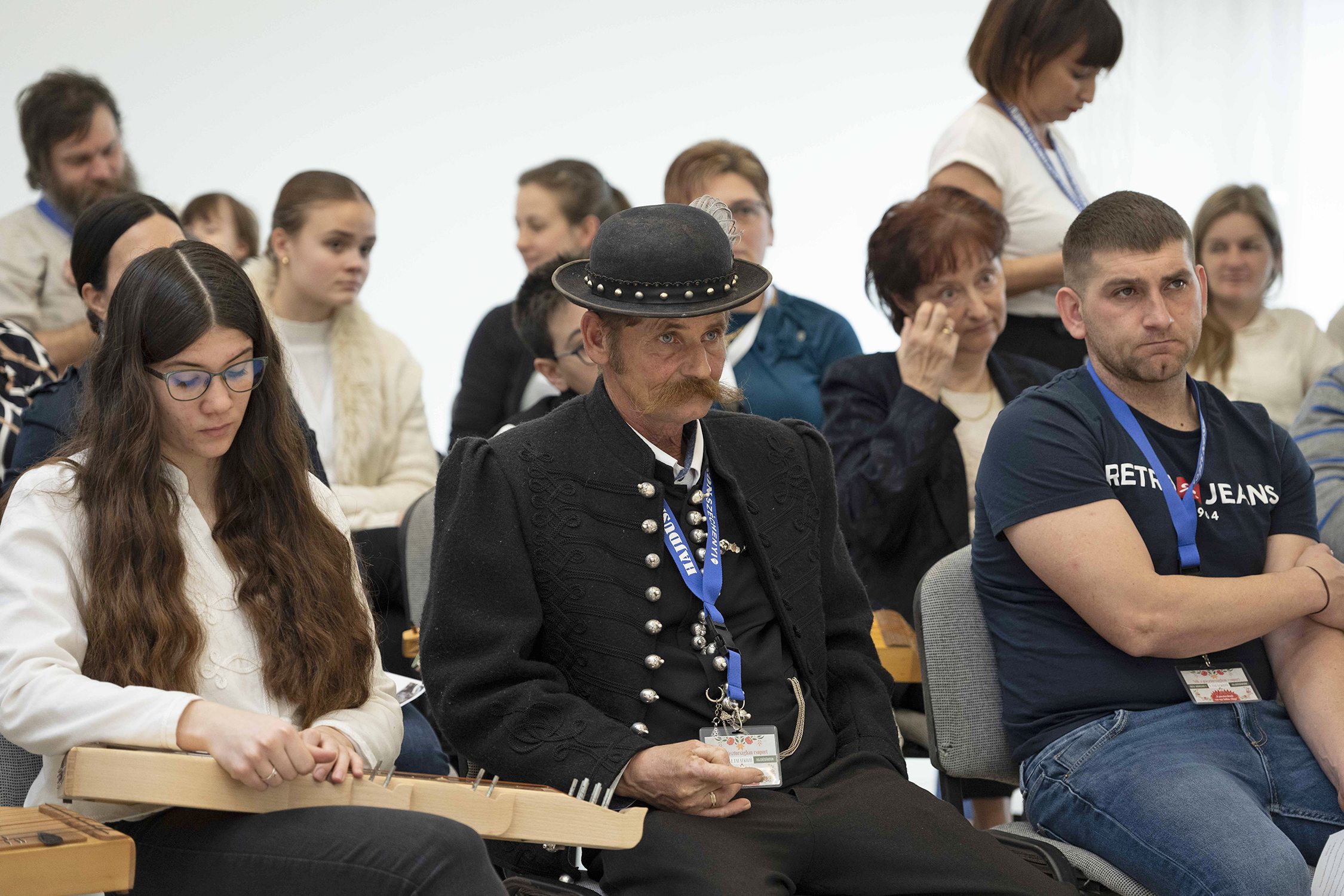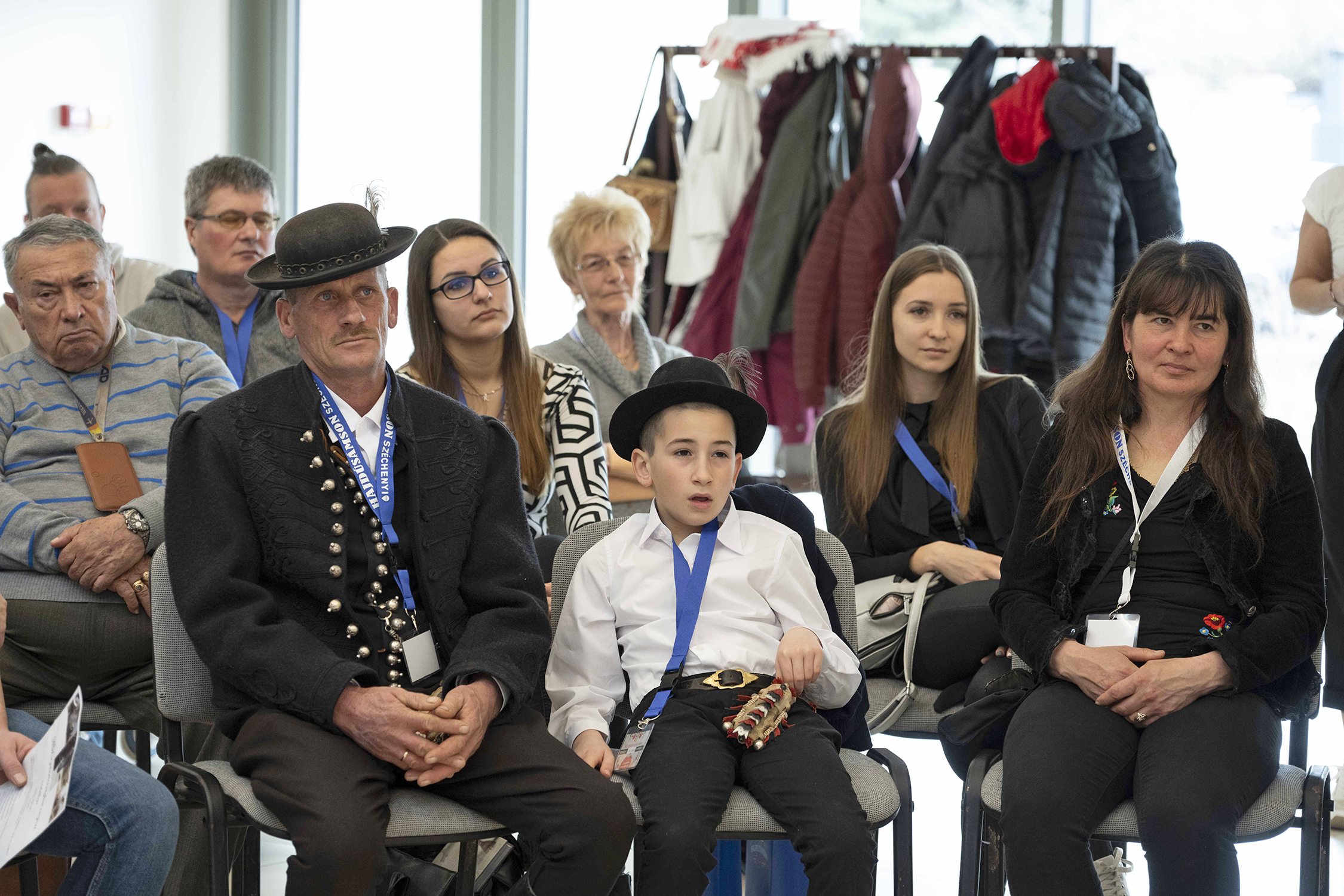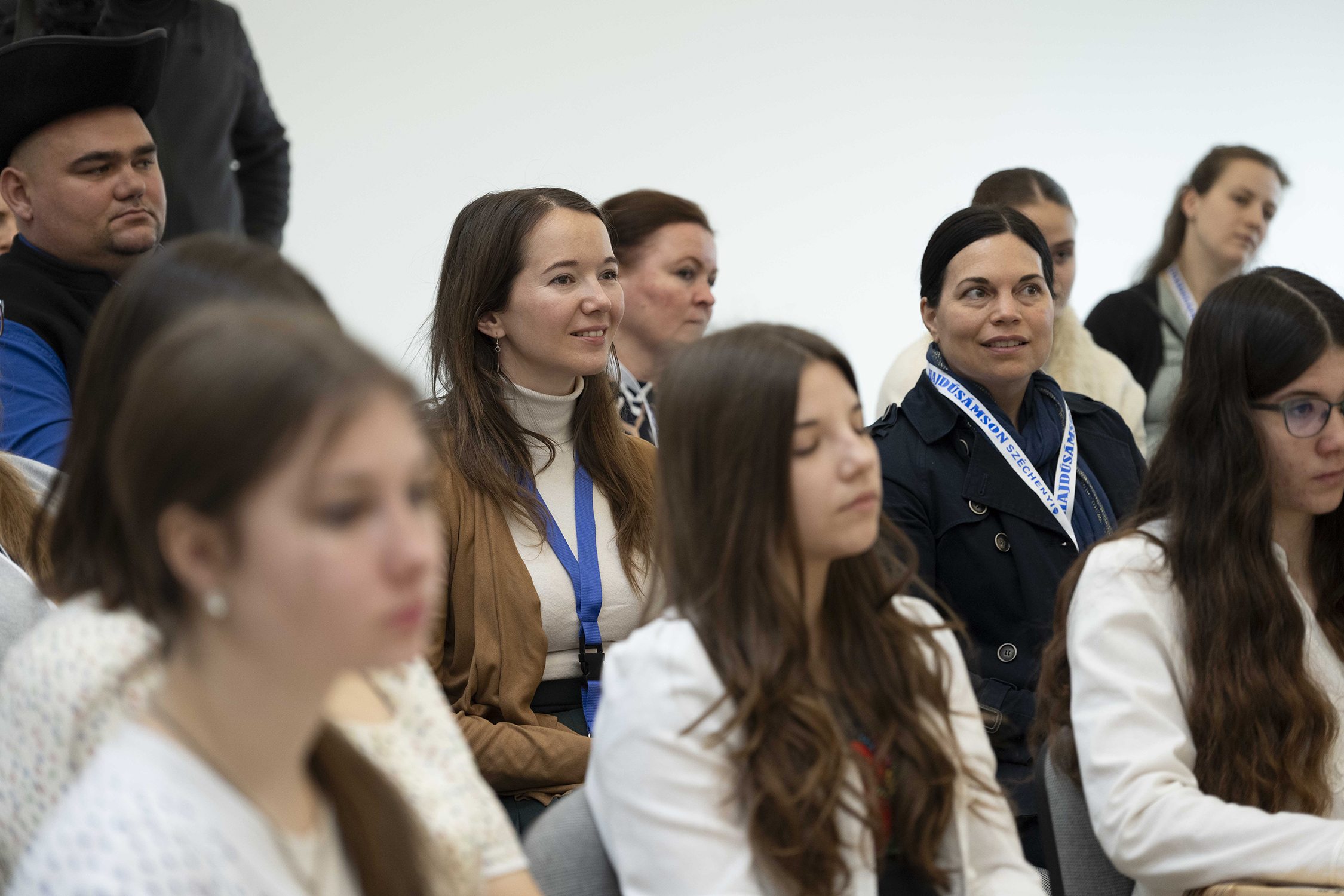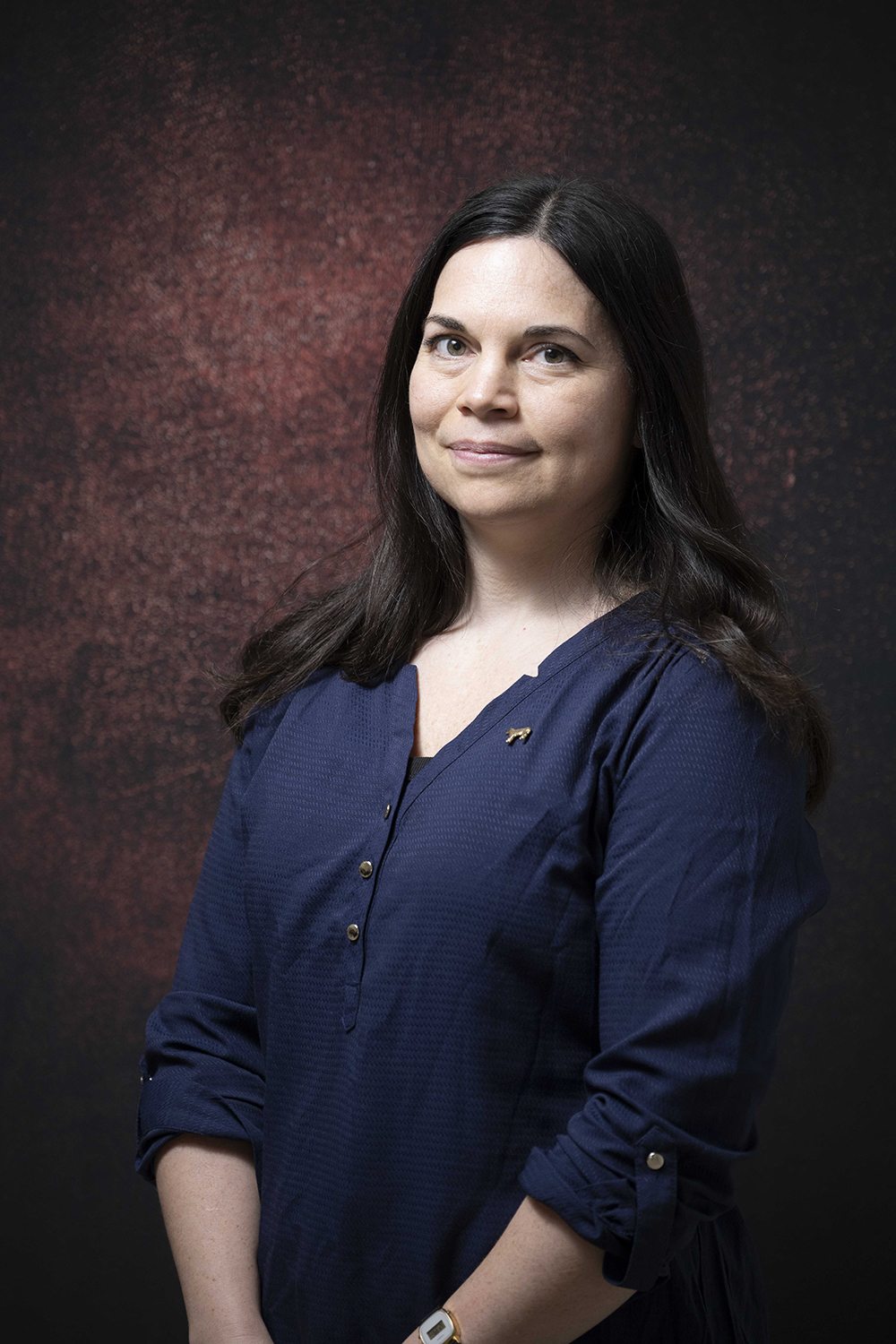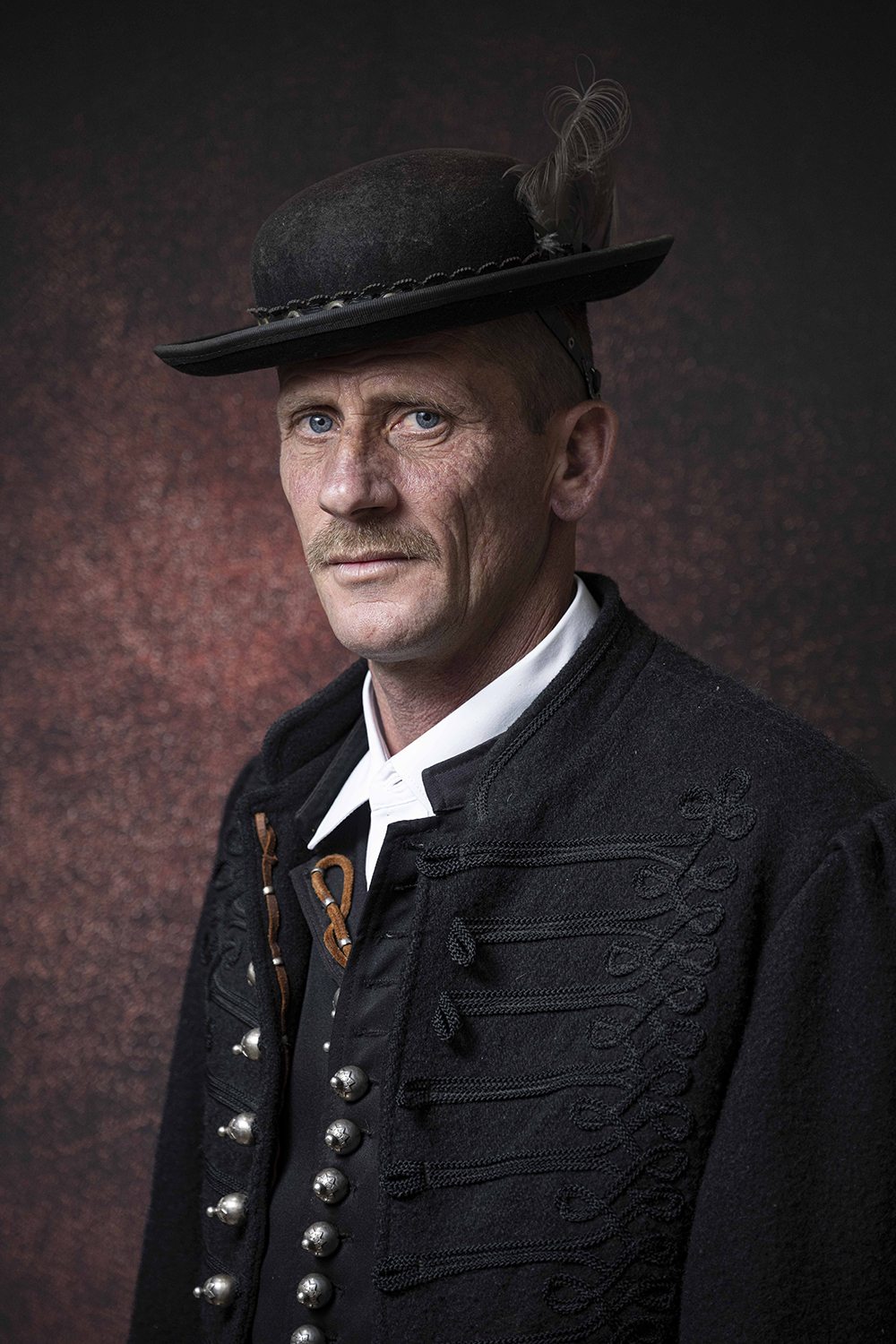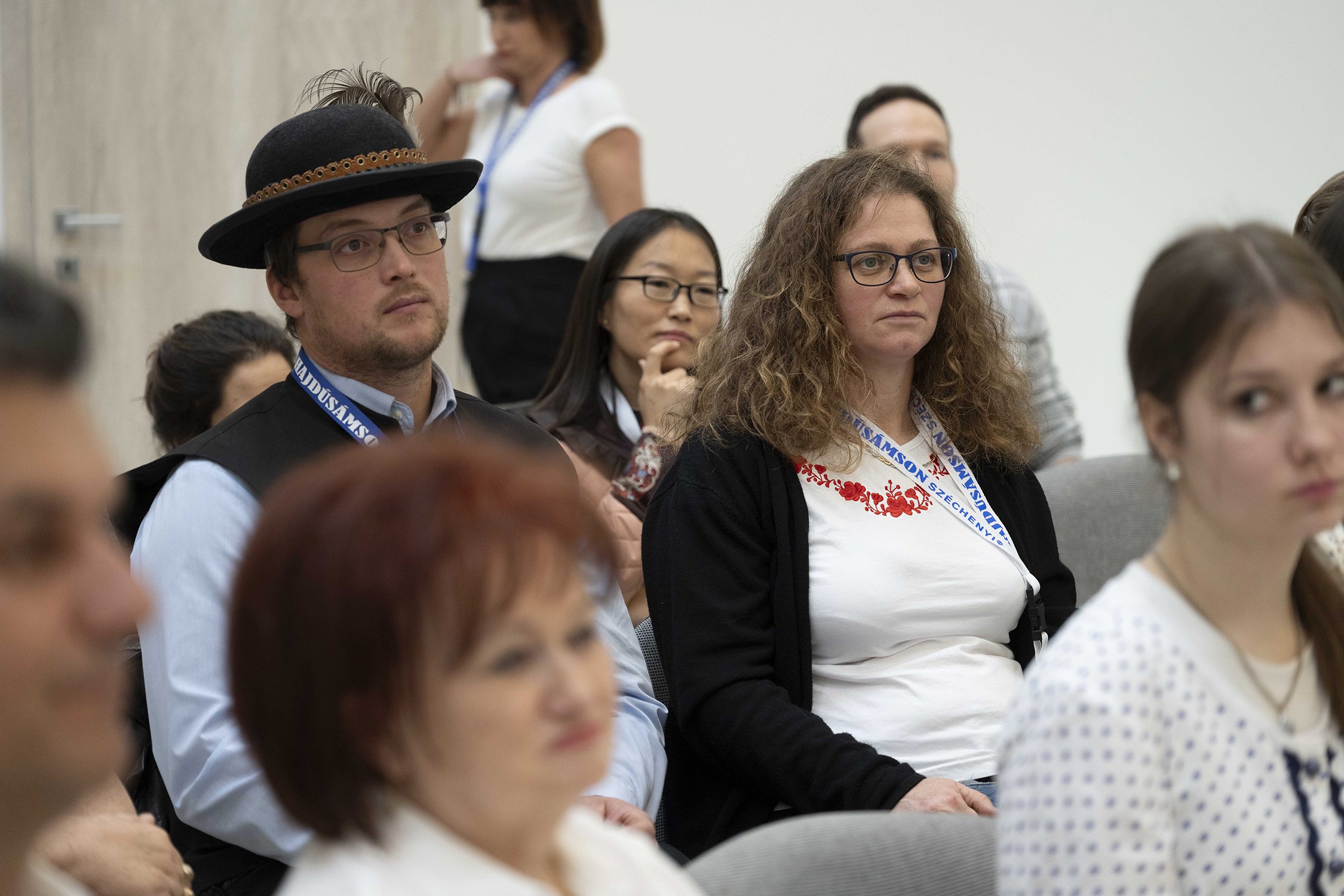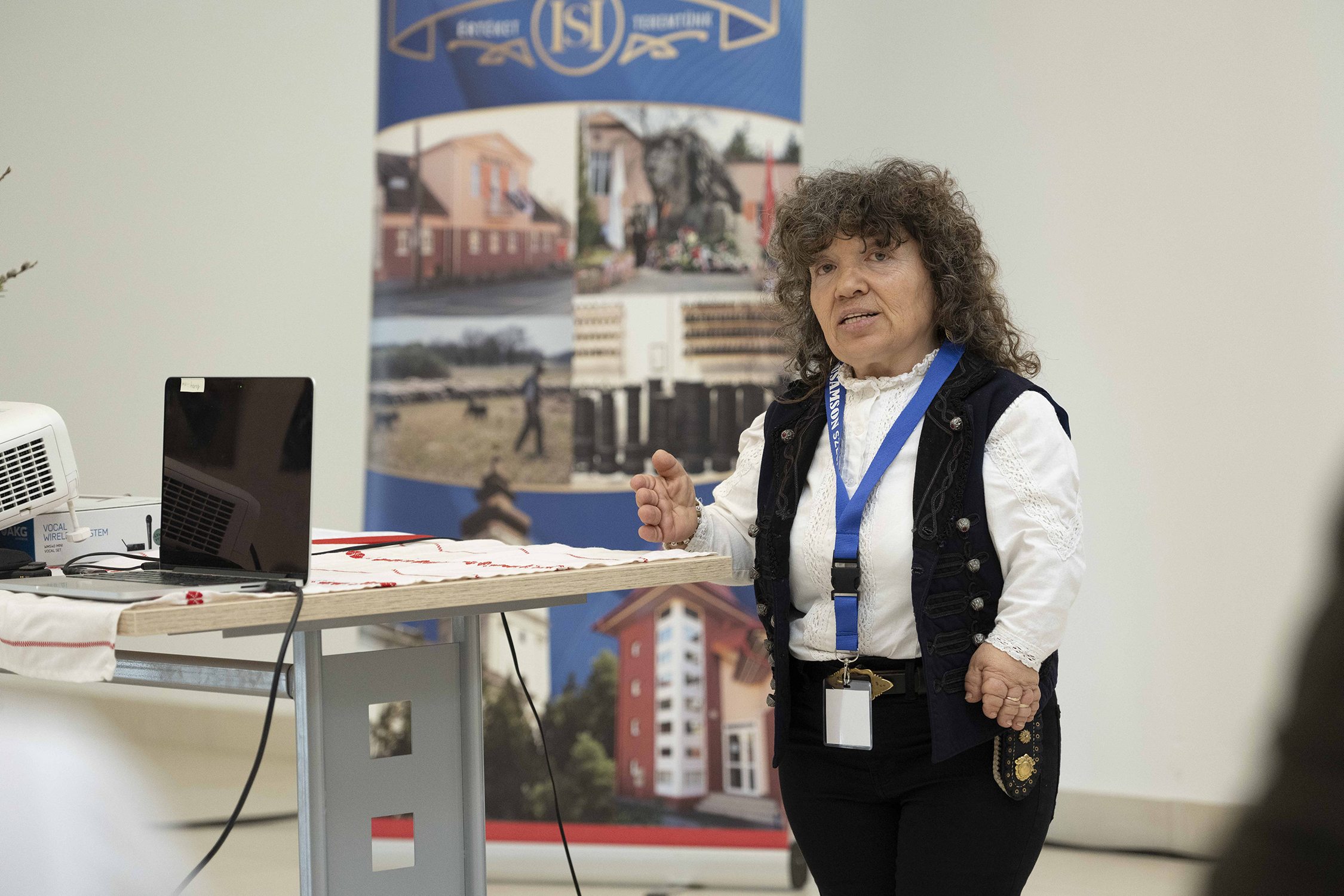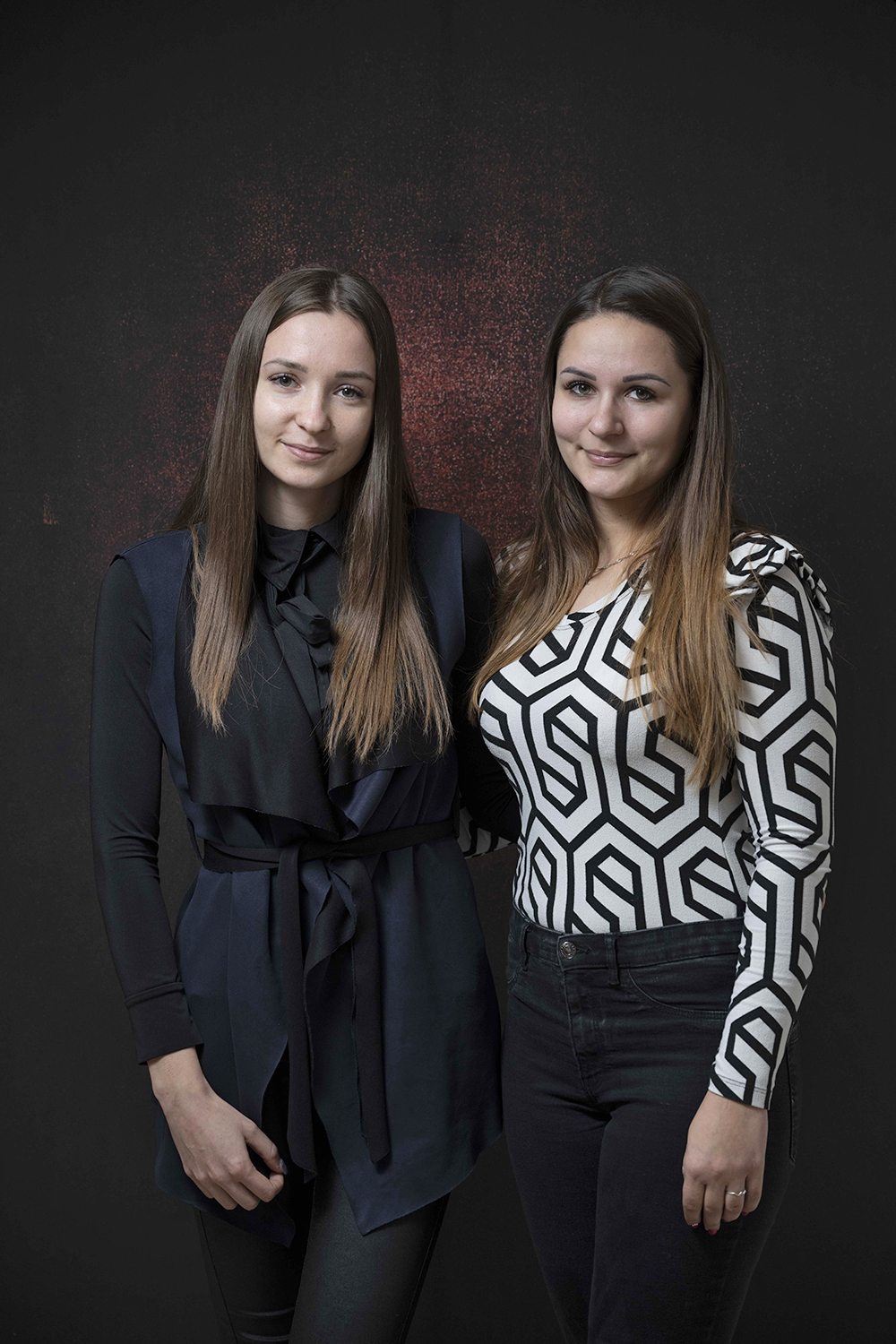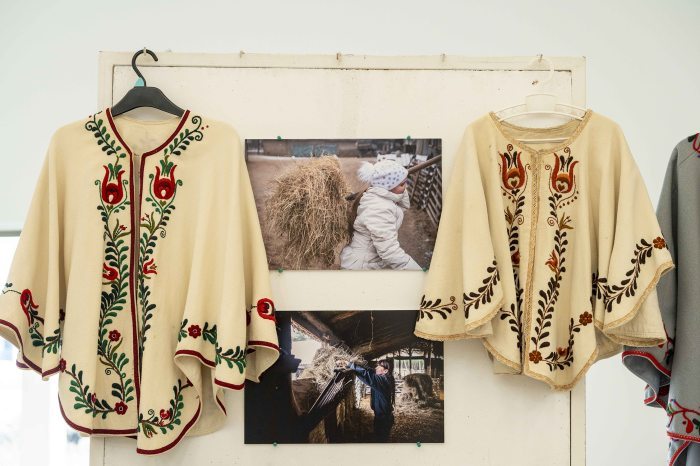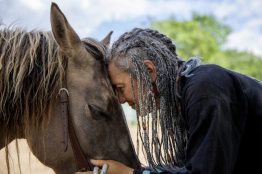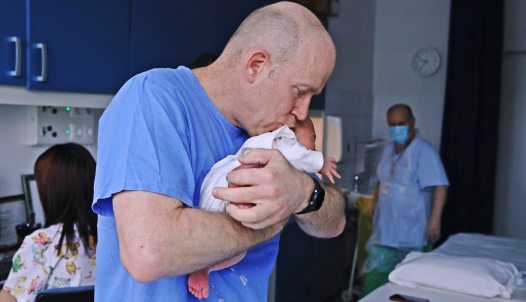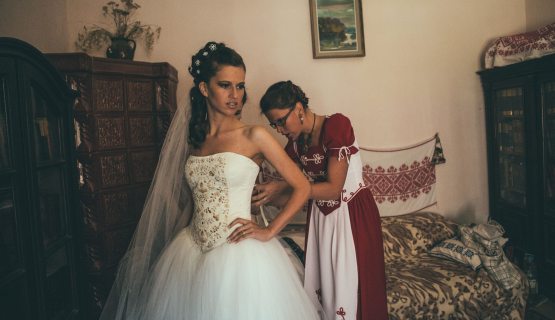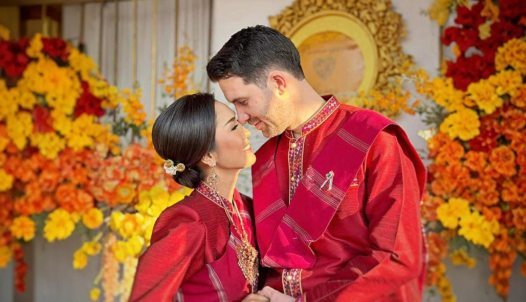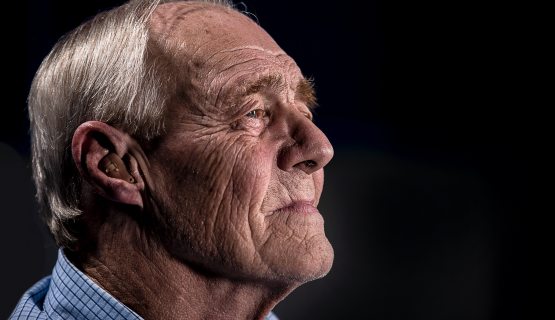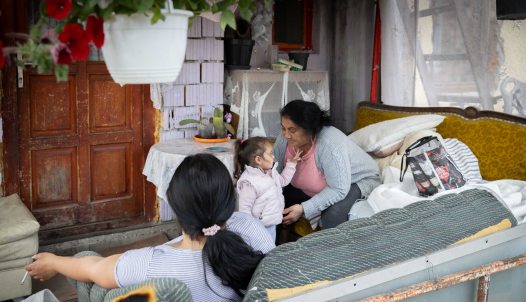Never before have so many herderesses gathered in Hungary! – “It's not merely a struggle, the way we live, but it's wonderful, too!"
"They are indispensable in everything, helping us fully in the family, in the household, and with the animals. This way of life can only work with them, with mutual respect and trust," says Lajos Sáfián, a shepherd about his wife and daughter, and about women working in animal husbandry in general. In 2021, following the Spanish example, these women set up their own group in Hungary, called Hungarian Women Herders Group. We attended their first official meeting in Hajdúsámson.
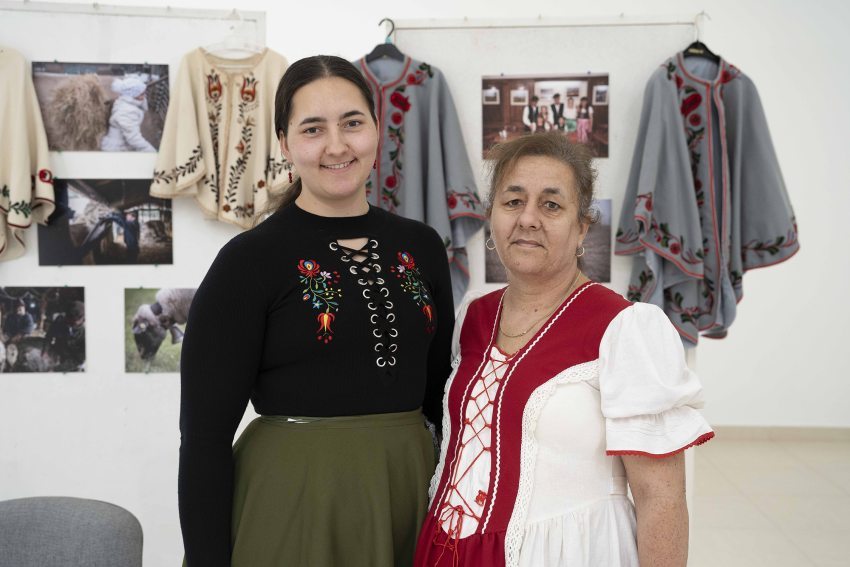
"Well, finally!" – Dr. Zsolt Molnár, botanist and ethnoecologist who initiated the founding of the group greeted us with a big smile. He didn't mean to indicate that anyone was late, but rather that it was the highest time for the first meeting of the group, established mainly by women from the Hortobágy region, East Hungary. Although the group is a closed one, its members are open to each other and to the world, as I myself have experienced. Their openness attracts herderesses from all over the country, for example, I talked to a member from Zala, West Hungary. It is an excellent opportunity to make new connections, which can later deepen into friendships, and to share problems and successes with other women who share the same lifestyle, have the same difficulties, and enjoy similar joys.
I have a strong feeling that the female side of the herding world is not outdated, but positively fresh, modern, vibrant, and proud of her chosen vocation.
" You have to live it"
"Our parents brought us up in the farming way of life, and we embraced it," says Renáta and Szabina Uzonyi, sisters from Hajdúböszörmény, "We work with two hundred ewes and their almost 150 offspring, but we also help our father in the fields, because he mainly does the crop production from April onwards. We're proud of what he's achieved, and we're happy to be able to continue. Together with our mother, the four of us work as a family team, without outside help. Obviously, some things - like giving hay at the end of the barn, since we only have a round bale feeder outside - are physically demanding, but we love the animals, and it's good to have them around us all the time."
The girls admit that they must be very different from most of their twenty-something peers. Sure, they go out partying, and to the mall, if they have to, but not for a cup of coffee, just to do their errands, and then they put on their wellies and go out to the flock. As they say, they have had to become very attuned to nature, to look after the sheep and do their daily chores, adapting to the weather. Livestock farming is even less predictable than crop farming, they say because it is impossible to predict when things might turn badly: a disease might strike or the ewes might need help with lambing.
"I graduated in agriculture at university, but for this profession, theory is not enough, you have to see it in practice, you have to grasp it, you have to live it. It's useless if you only know lambing in theory, we often have to actively participate in it by pulling out the little one otherwise it might not have a chance to survive the birth. With this in mind, I'd like my future children to follow in my footsteps, because I believe that farming children have both feet on the ground, in every sense, they find their happiness out on the farm, not in the night, with the wrong crowd, " explains Renáta.
"There is no greater treasure than putting your own, home-grown healthy food on the family table"
"My husband and I work in a sheep farm in Szentes, and all aspects of our lives are centred around it ," says Dominika Kovács-Igric ,"My husband does the bigger jobs around the fields and animals, and I do the smaller physical jobs and of course the chores around the house. We weren't born into a shepherd family, I was the first one to become a shepherdess and that's how I met my husband, and to us, this means everything. Obviously, it's easier together, we see it as an opportunity and not a burden that our days revolve around animals. We also try to help other farmers on the internet, sharing little tricks and practices with them. It's not easy to farm these days, to combine tradition with the modern world, but we've dedicated our lives to making it work and passing it on to others."
Dominika also had difficulties making her own family accept that she chose this kind of lifestyle twenty years ago. They have not accepted this to this day. For some reason, she says, they treat her as if she was forced into it, even though she had already obtained her university degree in agriculture with a clear sense of purpose.
"No matter what happens in the world, our profession will always be needed," she says, adding that " we are our own bosses. Anyone who wants to can find their goals in agriculture."
Noémi Csapóné Hernádi joins the conversation. She comes from Kondoros, in Békés county, Southern Hungary. She draws attention to the fact that the sector not only welcomes people with agricultural qualifications but also people with degrees and experience in other sectors so that they could learn from them. Noémi is continuing her great-grandparents' former farming lifestyle. In her family farming skipped a couple of generations, since nationalization made it impossible in the last century. She and her husband have the same path and dreams.
"We decided to build a circular farm, consisting of several interdependent pillars: crop production, livestock and horticulture. Livestock farming in our case means sheep farming, which is not a common activity in Békés county. We also present our farm on social media to show young people that there is a future in rural life and agriculture. And that in this future women will also have an important role to play."
Noémi believes that in times like this, that is after the Covid epidemic, and in times of war, at least partial self-sufficiency is very useful. "There is nothing more precious than being able to put your own, home-grown healthy food on your family's table ," she says. She says it should be a strategic sector not only at a national level but also at a family level. "Whatever problems the world may face, I lock my farm's gate, bake my own bread, eat my own vegetables, fruit, and animals, I can manage everything. Often it is us who spoil the image of farming by complaining: there is a drought, we have to work hard, or the purchase prices are low. But it's not merely a struggle, the way we live, it's wonderful, too!"
”You are there at every moment: at birth and death”
Just as wonderful are the beautiful dresses of Lászlóné Zsuzsa Győrfi and her daughter Annamária Győrfi , who honoured the meeting with their attire. They came from Darassa, on the puszta of Hortobágy, where they work with more than five hundred sheep. According to Zsuzsa, there is no such thing as a day off in their profession, but in return, they make their own food, they even make additive-free sheep sausage. Annamária, who graduated from the University of Debrecen, decided to follow in her parents' footsteps. "The love of animals and the great plain, the puszta. These are what got me," she says almost without thinking. The old fashioned way of life and living off our own resources. My father knows so much about animals, it's amazing!"
I just wonder what great amount and what valuable knowledge of nature I see gathering today in Hajdúsámson.
My thoughts are confirmed by Zsófia Hajnal-Osvald, who looks after two hundred buffaloes in Zala county, among other animals. "They are used to coming when you call them," she says. Zsófia has studied biology, stud farm management, and horse training, and she now sees that biology, ecology, and plant science are inseparable. "I have been doing this for twelve years, and the beauty of it is the same as the difficulty. You follow complete processes, you learn to appreciate what comes to your table because you've seen the path it's taken. But you are there at every moment: at birth and at death. Even after many years of breeding, it's hard to let go of somebody that has no place in the herd."
After many thought-provoking conversations, we smile at each other with the leader of the Hungarian Women Herders Group group, Lászlóné Ibolya Sáfián from Hajdúsámson, who I know is the wife of a seventh-generation shepherd, because we have spoken to her at length before. I would also like to thank Dr. Zsolt Molnár, who supports the group professionally and personally from the background, for his hospitality. "Wasn't it interesting? - he asks. They rarely make their voices heard, they prefer to work with the animals. But they are all different characters, so they can help each other a lot." And us too, I might add. Because it's not only their work but also their view of life that is a real treasure.
